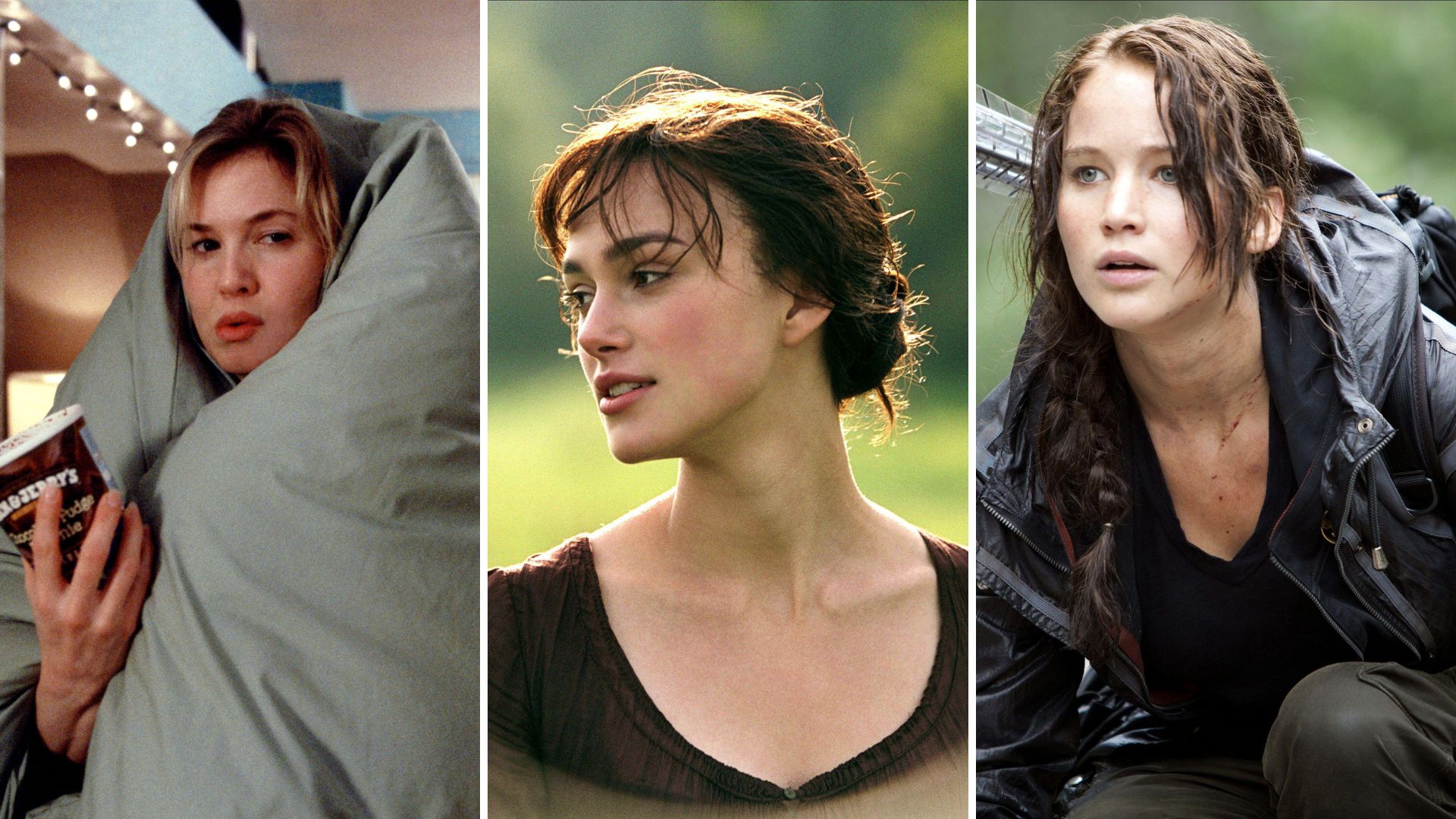
Behind every great woman... is another great woman, be it a real-life icon or a fictional heroine to look up to.
From women who became successful later in life to the most inspiring biographies written by women, representation has never felt so important.
Here, we celebrate the fictional women across books, film and TV who have helped inspire people for generations.
Our 32 favourite fictional strong women
Elizabeth Bennet (Pride and Prejudice)
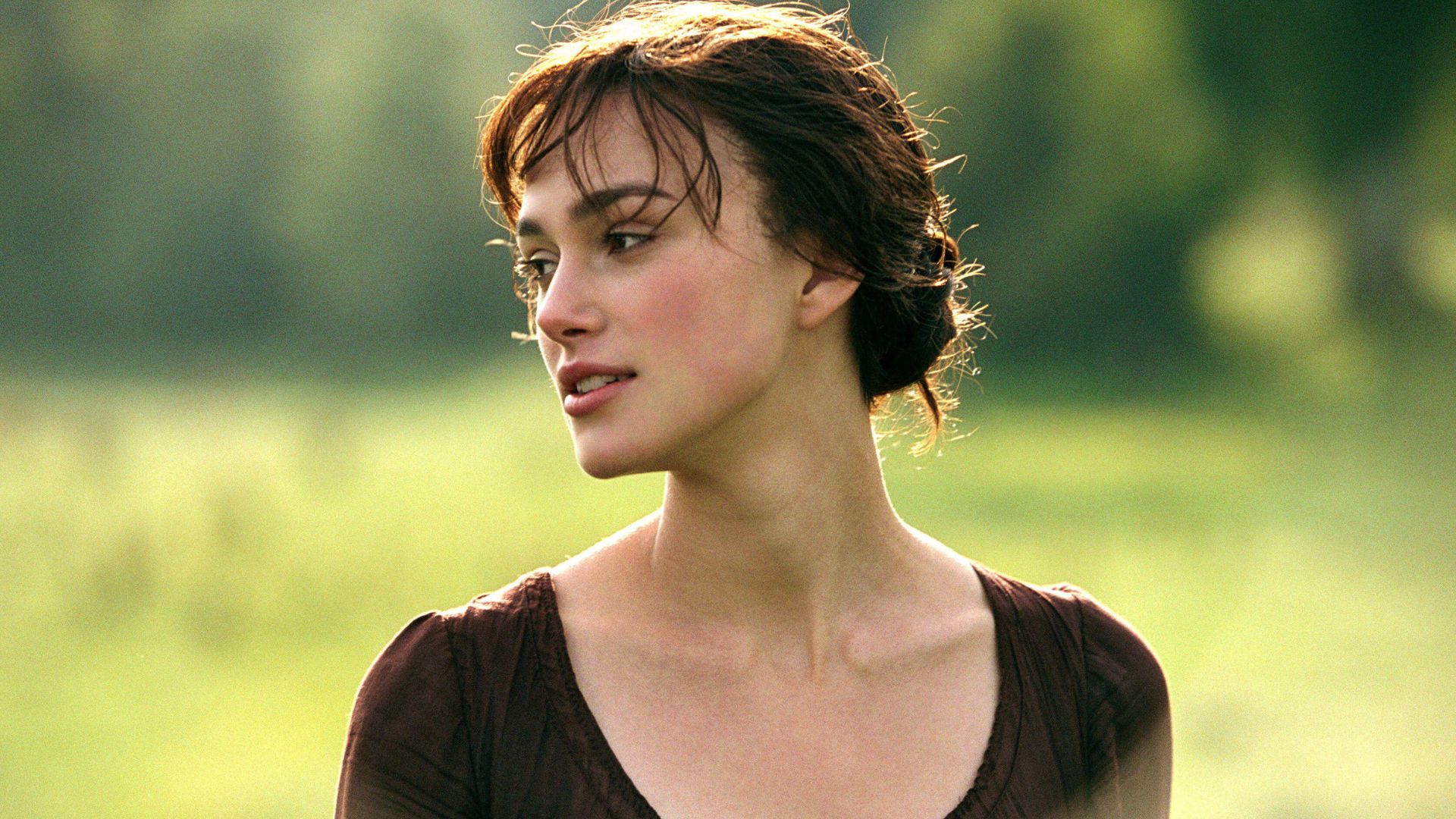
Elizabeth Bennet is the inspiring and independent protagonist of Jane Austen’s Pride and Prejudice. In a world before terms like “feminist” existed, Jane Austen wrote Elizabeth to be one. She defies societal pressures, challenging the notion that women must marry for financial status, and she’s not afraid to push Mr Darcy to challenge his prejudices.
Jo March (Little Women)
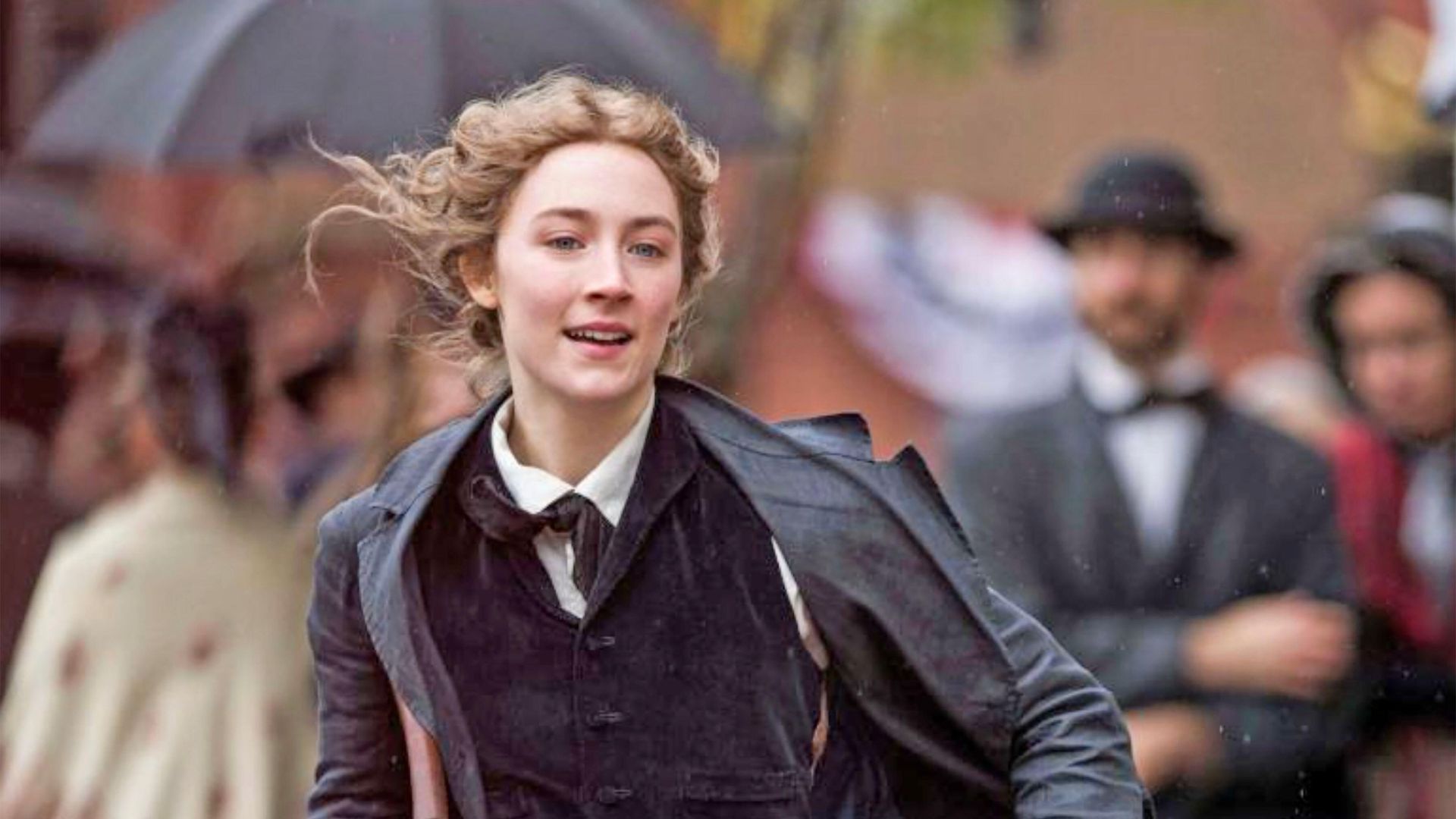
All of the March sisters from Louisa May Alcott’s timeless novel, Little Women, are inspirational and strong in their own ways, but none were quite as forward-thinking and defiant as Jo.
Jo – who has been played by actresses including Winona Ryder and Saoirse Ronan – defies gender roles, preferring to focus on her work ambitions and rejecting the pressures to settle down and marry early on. She loves to write, to teach and eventually opens her own school.
Thelma and Louise
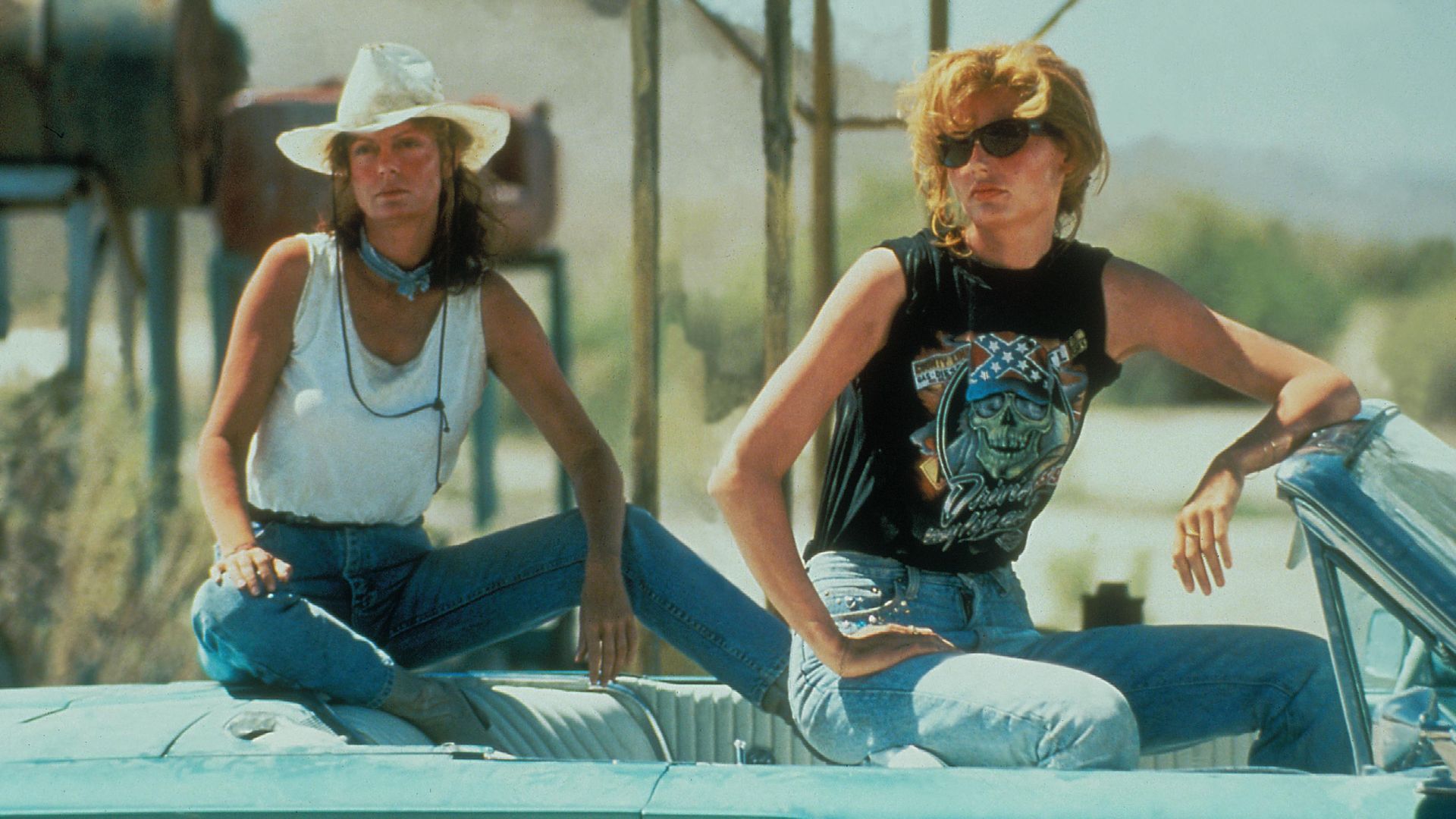
Now for a two-for-one deal, Thelma and Louise are the bold, brave besties played by Susan Sarandon and Geena Davis in the movie of the same name who set a new benchmark for strong women.
The couple break free from their respective oppressors, including bad marriages, limited prospects and aggressive men, to go on a literal and metaphorical journey across America. Sure, they break a few laws, but they prove the power of women choosing to fight back, and the strength in female friendship.
Carrie Bradshaw and co (Sex and the City)
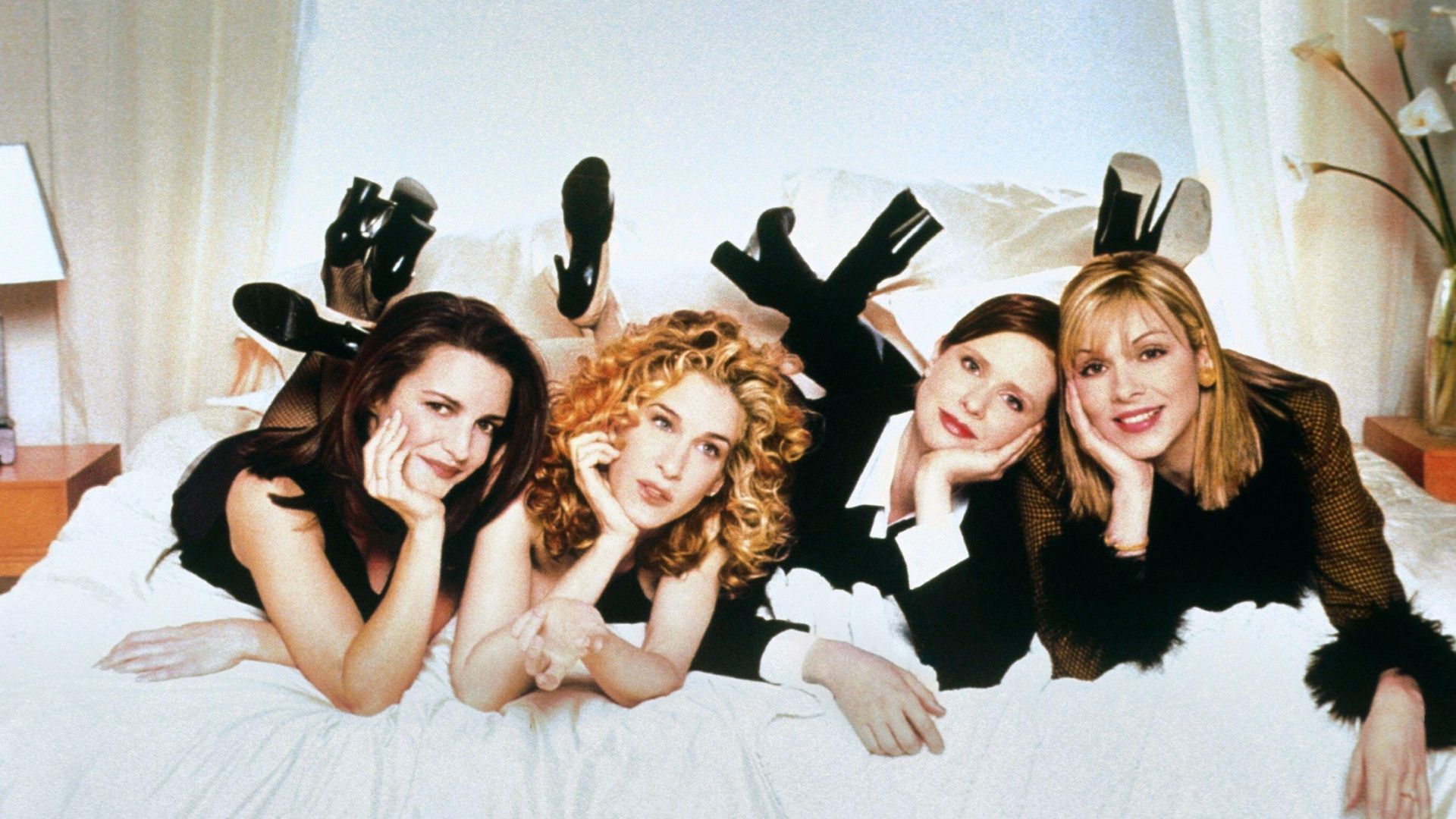
All four main characters of the timeless TV series, Sex and the City, represented women in a well-rounded and diverse way. And, even if they had plenty of flaws or annoying moments (not to mention some wild fashion choices), this in itself was strong – it was a bold choice to not shy away from showing women making mistakes and dealing with the consequences.
From Carrie Bradshaw cheating on her ‘too good to be true’ boyfriend Aidan, Samantha’s unapologetic sexual freedom, Miranda’s tough and unfiltered judgements and Charlotte’s decision to step away from work to be a full-time wife and mother, they got conversations started and proved there wasn’t one singular way to be a strong, self-assured woman.
Buffy Summers
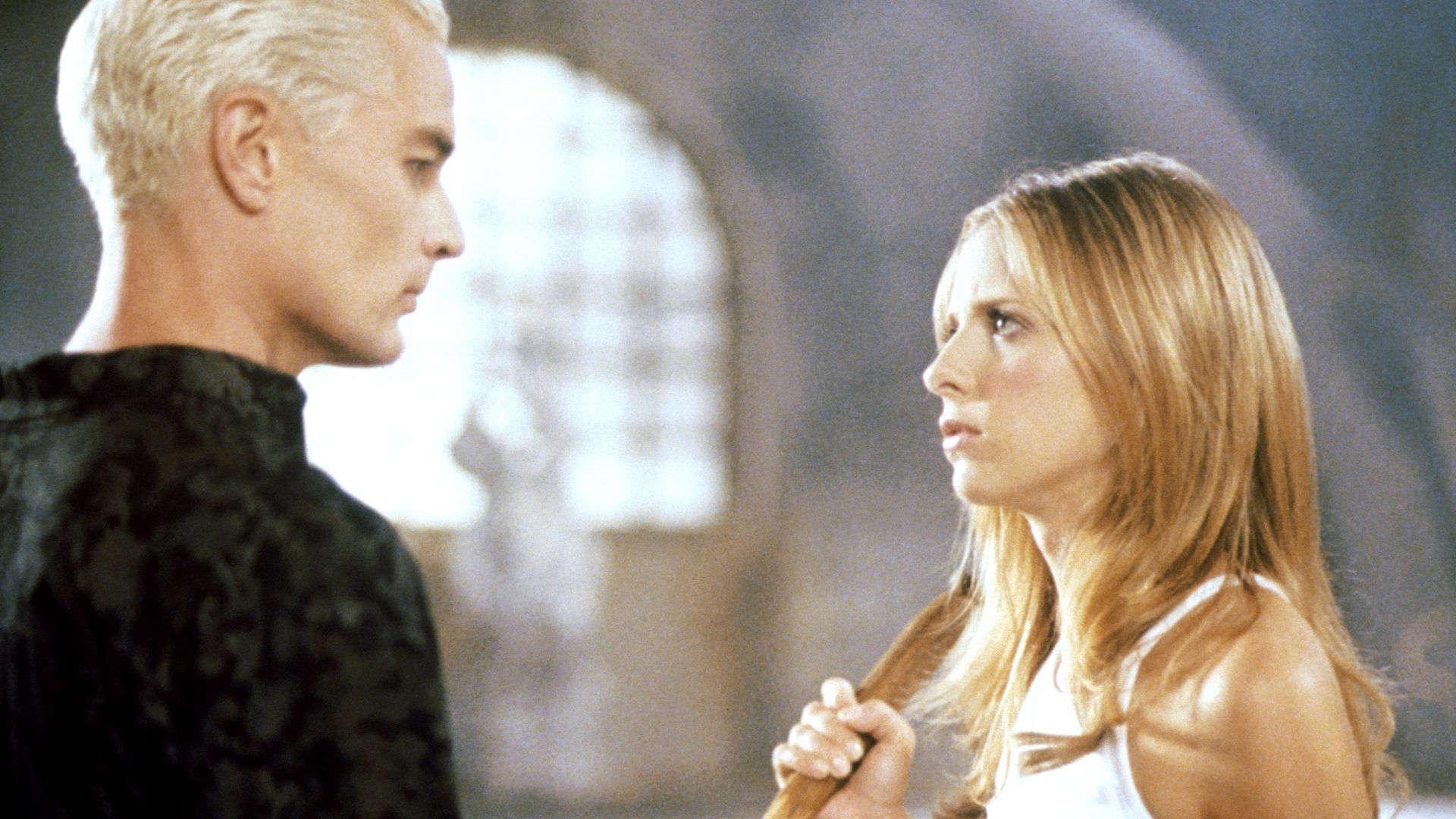
From slaying vampires to overcoming the pressures facing teen girls, Buffy Summers from Buffy the Vampire Slayer offered different examples of a woman being strong and defiant.
Over the course of the iconic series, Buffy contends with heartbreak, grief… and a slew of supernatural evil. And she still finds time to be there for her friends and cultivate a flawless wardrobe.
Jane Eyre
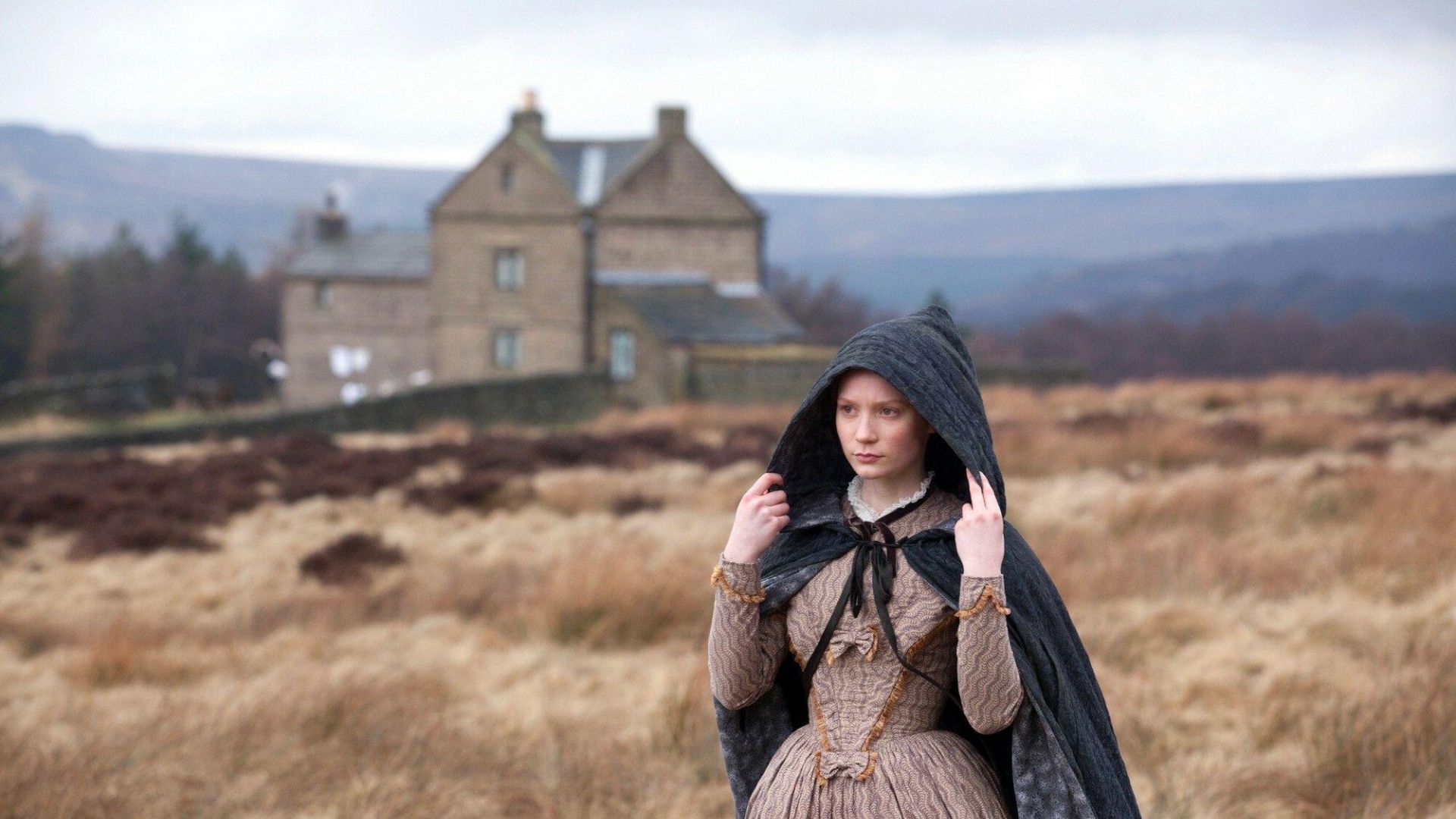
The wilful and accomplished protagonist of Charlotte Brontë's novel of the same name, Jane Eyre, Jane comes up across endless obstacles but refuses to give up.
She also refuses to follow the paths set out for her as deemed acceptable by society, not settling as Mr Rochester's lover out of self-respect.
Matilda
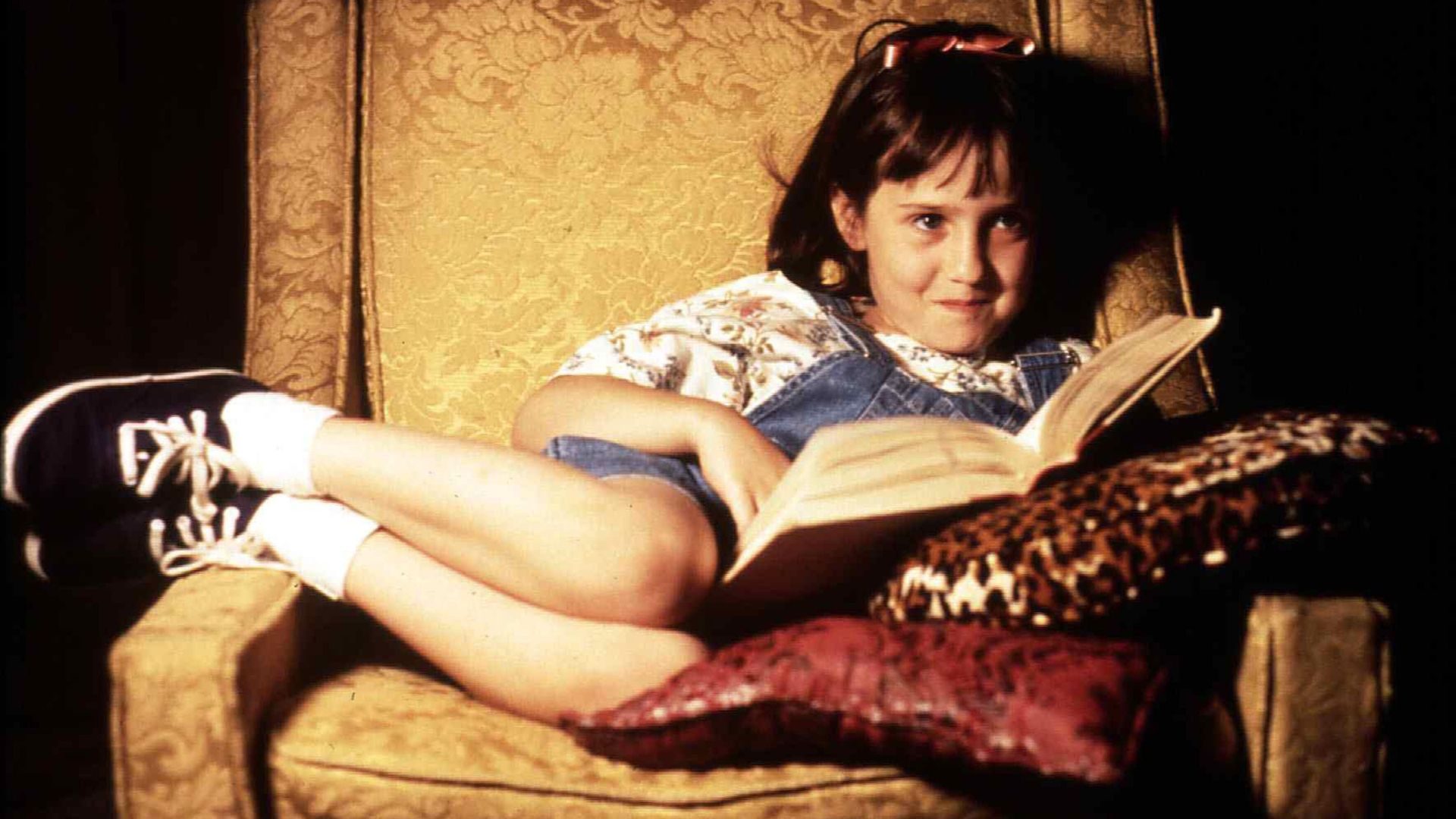
Created by Roald Dahl in 1988 and popularised in the 1996 film, Matilda may have been small, but she sure was mighty. The little girl with the big brain and the big appetite for books remains strong in the face of adversity, including two horrid parents and the fearsome Miss Trunchbull. A feel-good story of good overcoming evil, and an inspiration for young girls everywhere.
Blair Waldorf (Gossip Girl)
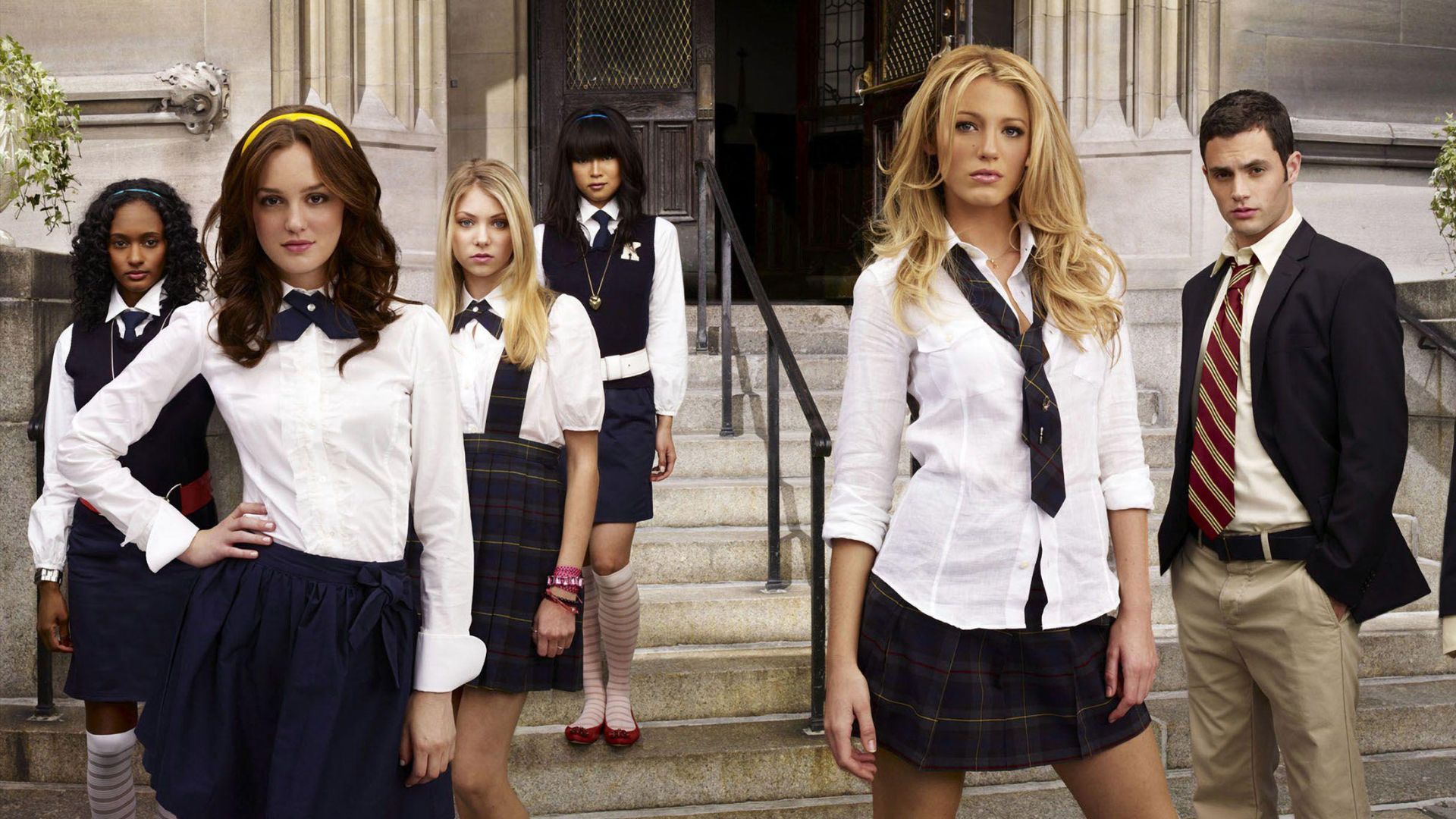
When it comes to iconic fictional women who could go toe-to-toe with anyone and come out on top, you couldn’t bet on anyone better than Blair Waldorf.
Played by Leighton Meester, Blair is the reigning queen of a New York City private school. She oversees an elite social circle with an iron fist – but underneath the evil schemes, she (nearly) always makes sure to do the right thing.
Celie (The Colour Purple)
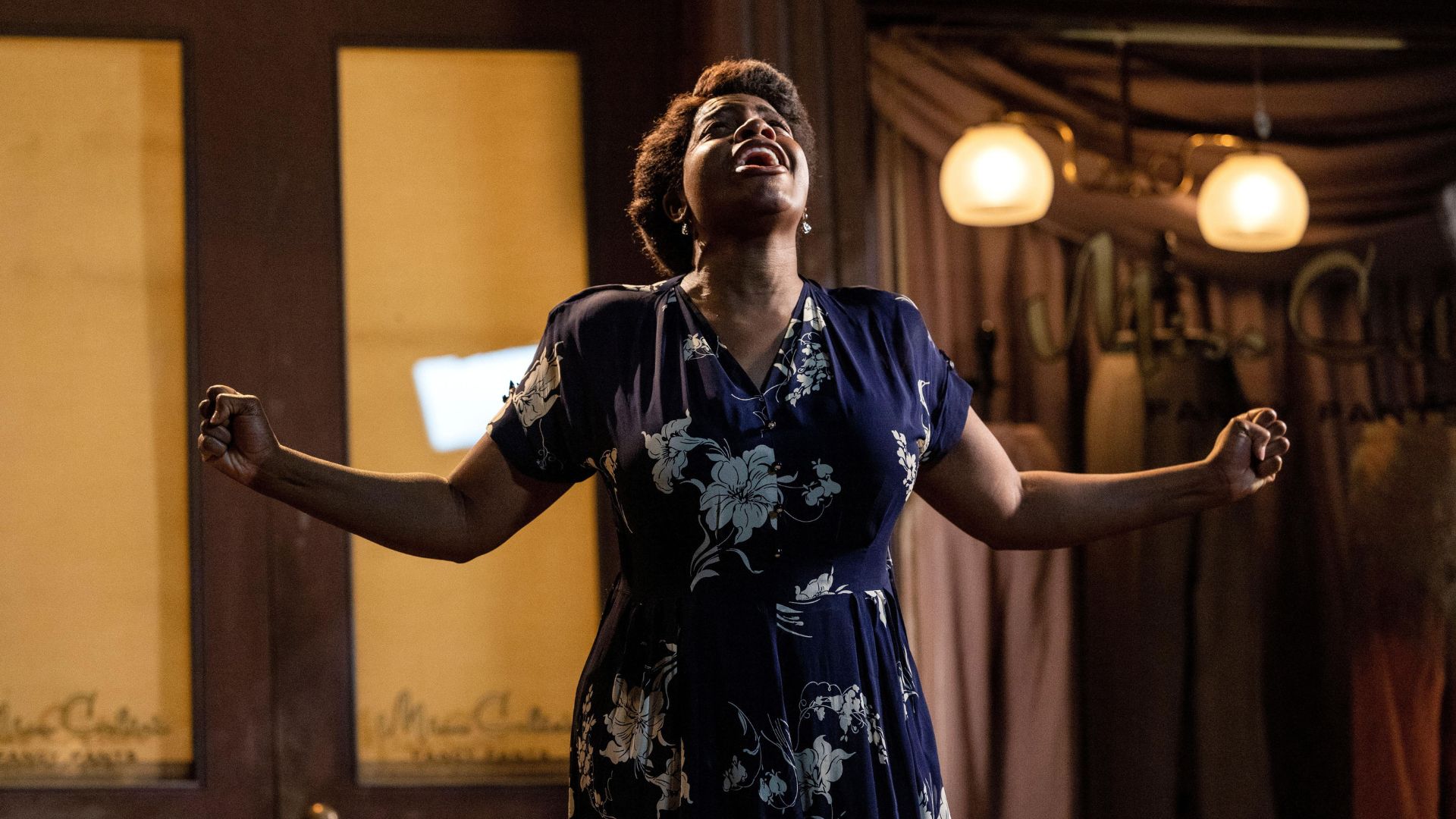
The women in The Colour Purple (a novel by Alice Walker that has been translated into a 1985 film starring Whoopi Goldberg, a Broadway musical and a 2023 movie musical) go through unspeakable injustice.
Dealing with racism and abuse, they all display incredible strength, but Miss Celie is perhaps the anchor of the story. Mistreated since youth, she slowly finds her voice and her self-worth through the story, offering a hopeful tale of redemption and rebirth.
Hildy Johnson (His Girl Friday)
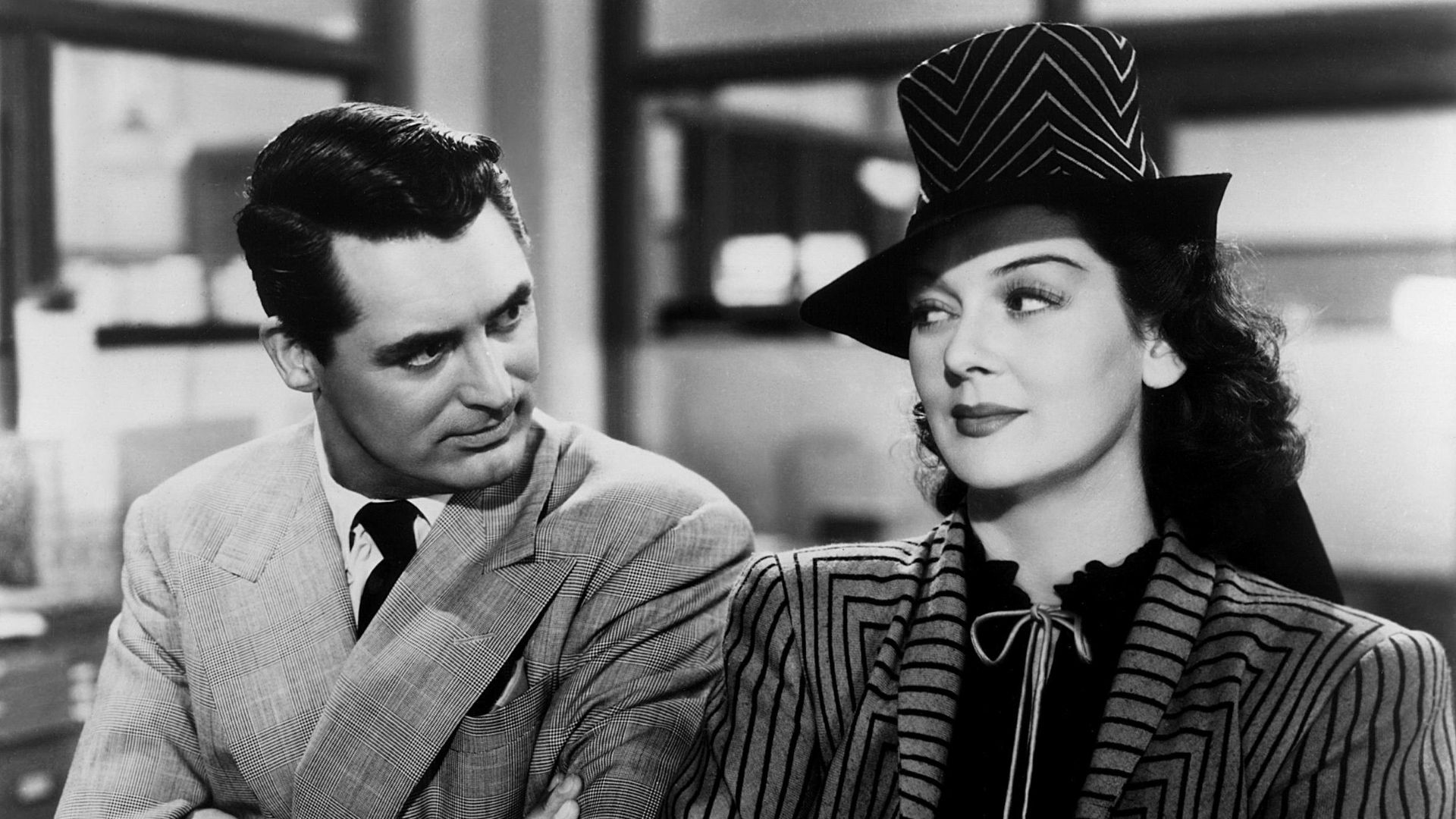
1940’s His Girl Friday is considered one of cinema’s all-time classic films, a screwball comedy starring Old Hollywood legend Cary Grant. It follows a newspaper editor (Grant) who is about to lose his best reporter - and ex-wife, Rosalind Russell’s Hildy. With a quick-witted and spirited plot, the two trade barb for barb and cemented Rosalind’s Hildy as an inspiring, no-nonsense heroine.
Interestingly, the play which inspired the film had Hildy be a male character but Rosalind played her with such strength and vigour, that this has become the defining version.
Mulan
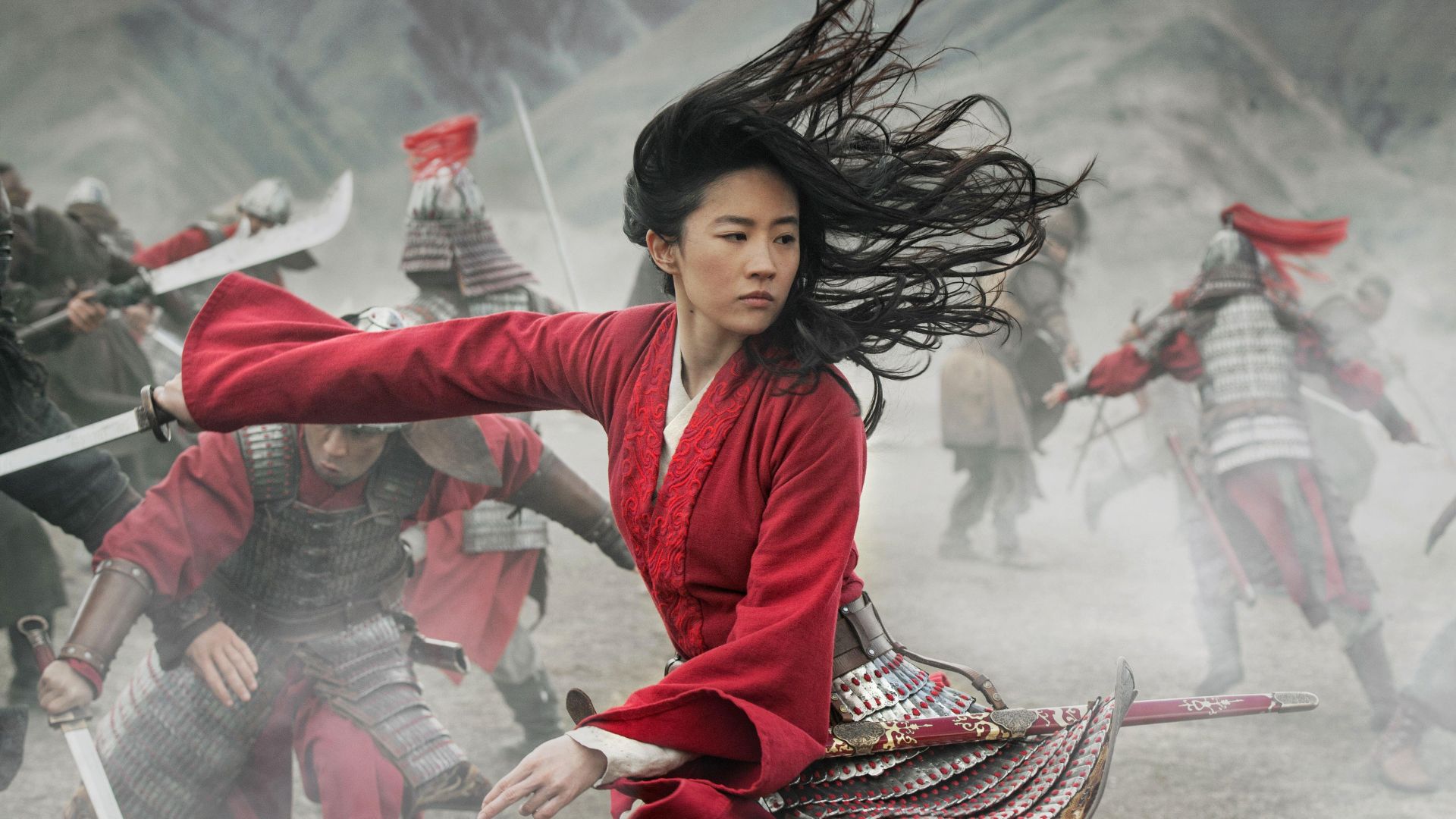
Many know the story of Mulan from the Disney animation, and that classic takes its inspiration from the Chinese legend of Hua Mulan. The story has it that Mulan was a young woman who, frustrated with the double standards and limitations on women, disguised herself as a male warrior to take her father’s place in the army and fight for her country.
Hermione Granger (Harry Potter)
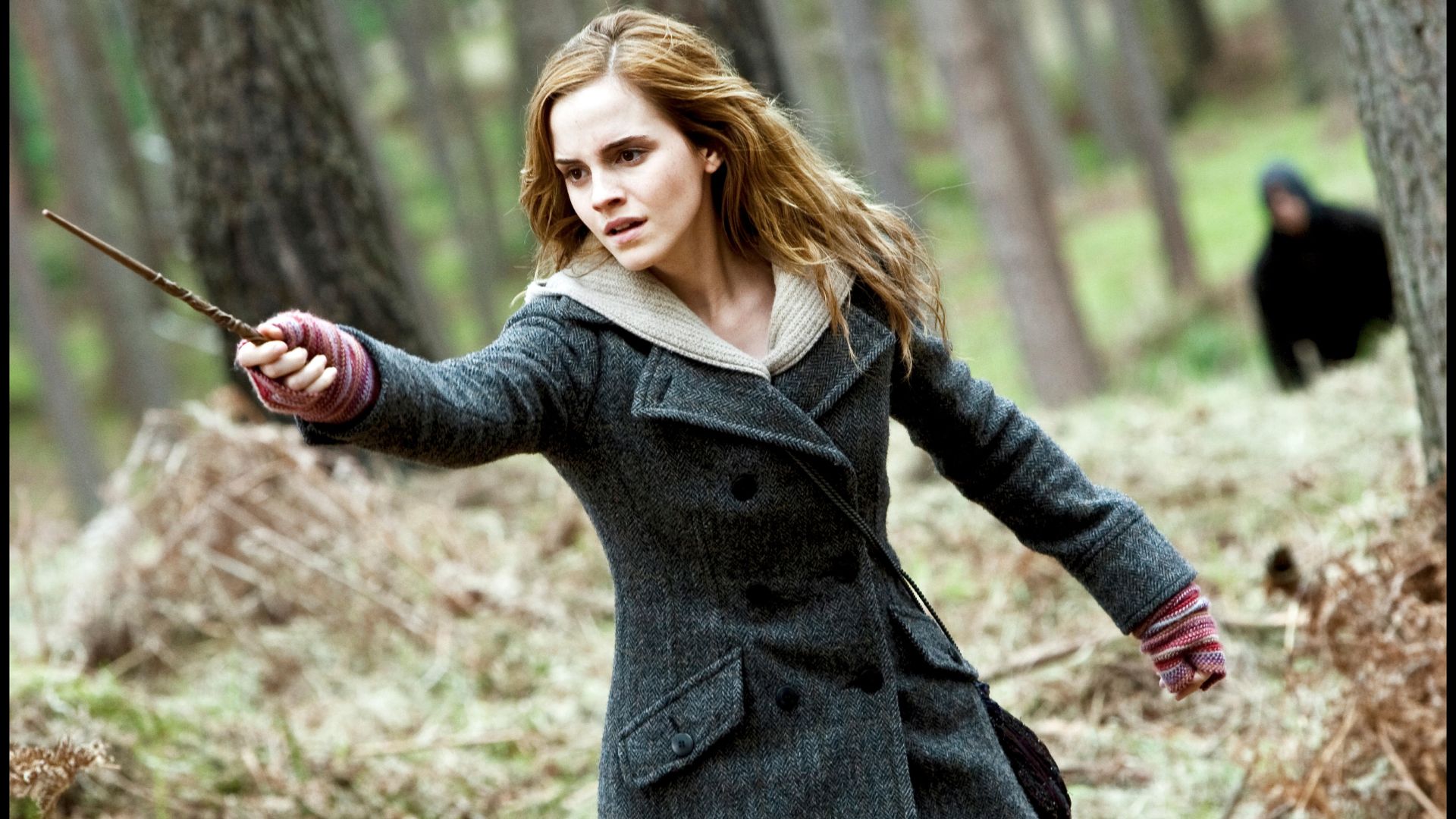
The book (and film) series might have been called Harry Potter, but let’s be real, Harry might not have survived the first adventure if it wasn’t for Hermione. Hailed as one of the brightest and most brilliant witches, Hermione was always on hand to save her friends with her quick-thinking, book smarts and bravery.
Liz Lemon (30 Rock)
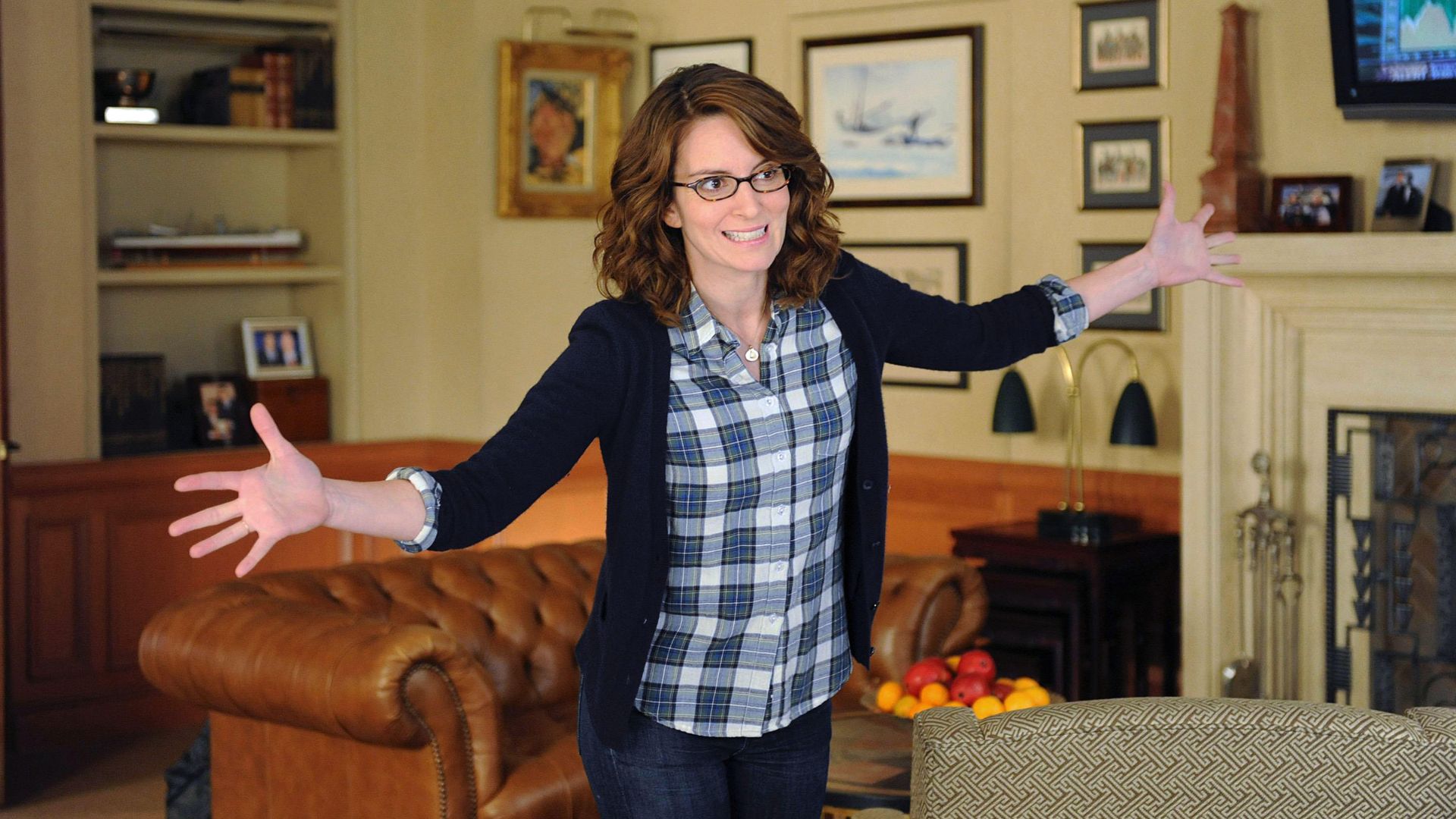
Played brilliantly by Tina Fey for seven seasons in the Emmy dominating comedy, 30 Rock, Liz Lemon is the relatable heroine for the 21st-century woman. Imperfect and flawed, Liz refuses to give up on the idea of ‘having it all’ – she’s the head writer of a TV show but she still believes that a woman can be the boss at work and wants to cultivate a romantic life.
Katniss Everdeen (The Hunger Games)
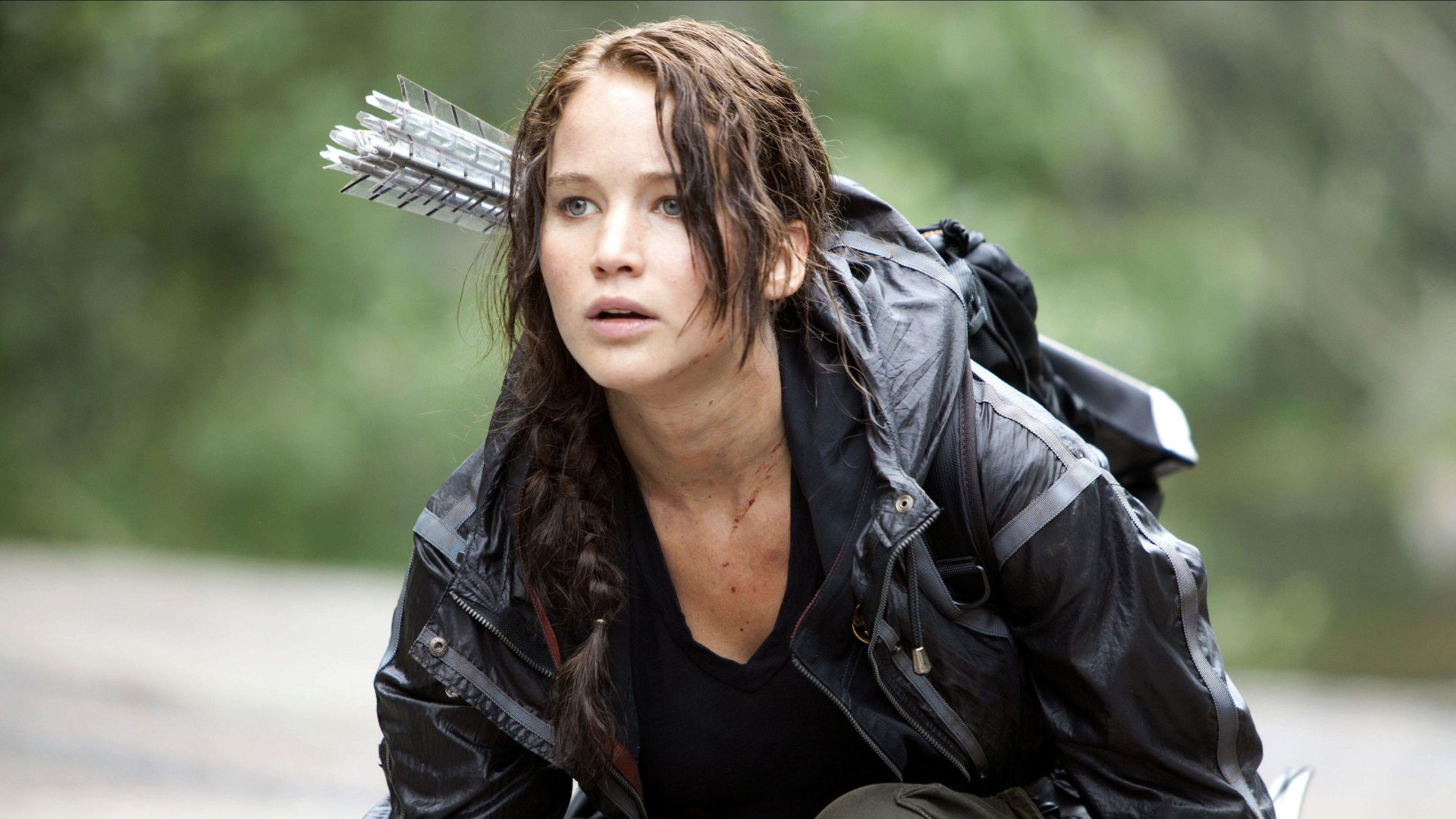
Thrust into a dystopian world of violence and cruelty, Katniss Everdeen becomes the symbol of strength, hope and kindness. Created by Suzanne Collins for The Hunger Games series and played by Jennifer Lawrence in the films, Katniss – a trained archer and resourceful fighter – volunteers to take the place of her younger sister in the deadly Hunger Games, a battle royale where people from different districts fight to the death for the amusement of the upper class.
Refusing to give in to the chaos, Katniss wins the hearts and minds of people all over by showing empathy and kindness to others, ultimately inspiring a rebellious uprising.
Leslie Knope (Parks and Recreation)
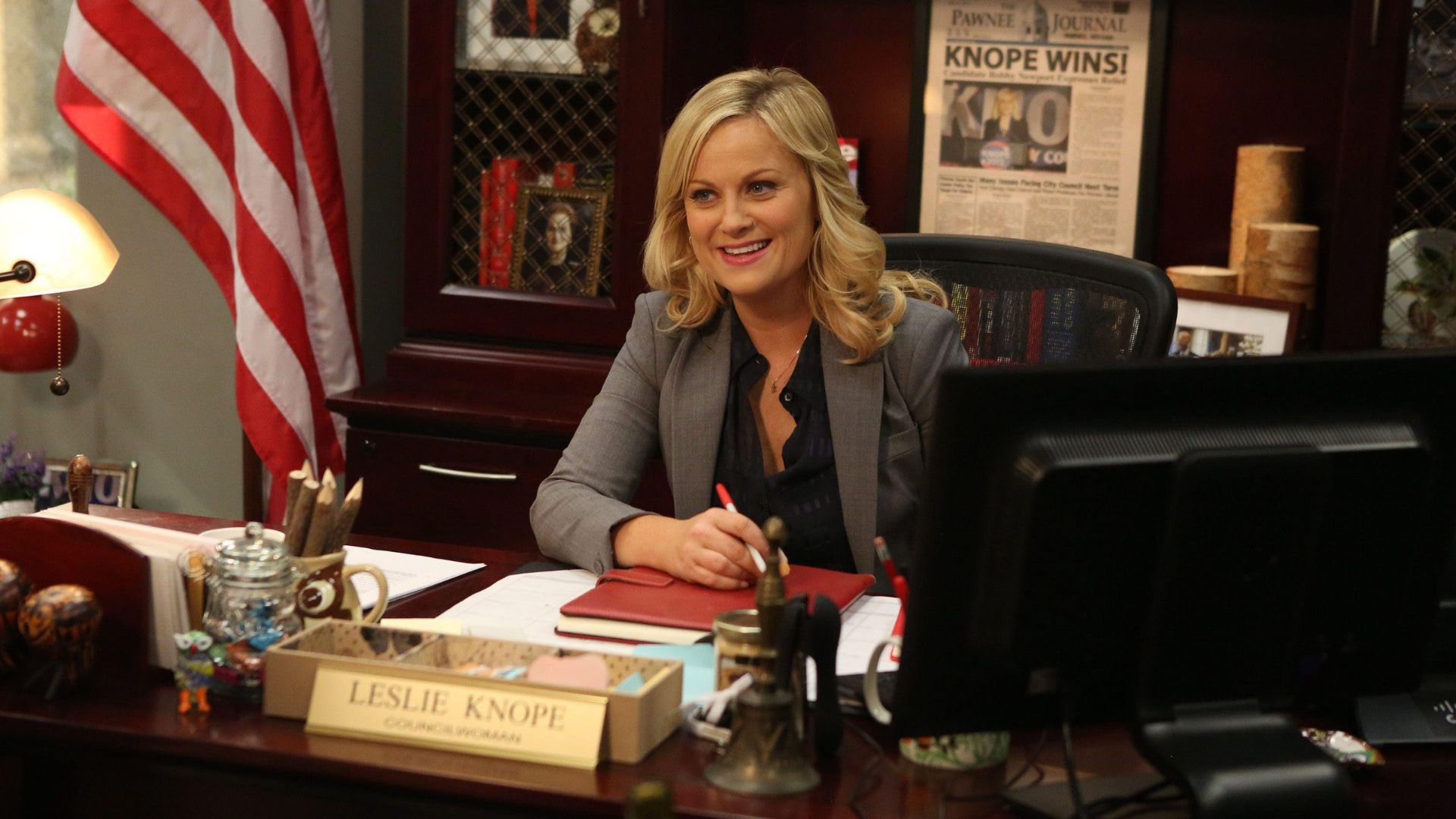
Amy Poehler played the peppy, unstoppable city councillor for seven seasons of the hit sitcom, Parks and Recreation. Leslie Knope is a force for good – she encourages all around her to follow their dreams, she refuses to take no for an answer, and she pushes for positive change.
Moreover, without this fictional queen, we literally wouldn’t have Galentine’s Day. The annual tradition – which takes place the day before Valentine’s Day each year – was first introduced in the second series of the sitcom.
Annalise Keating (How to Get Away with Murder)
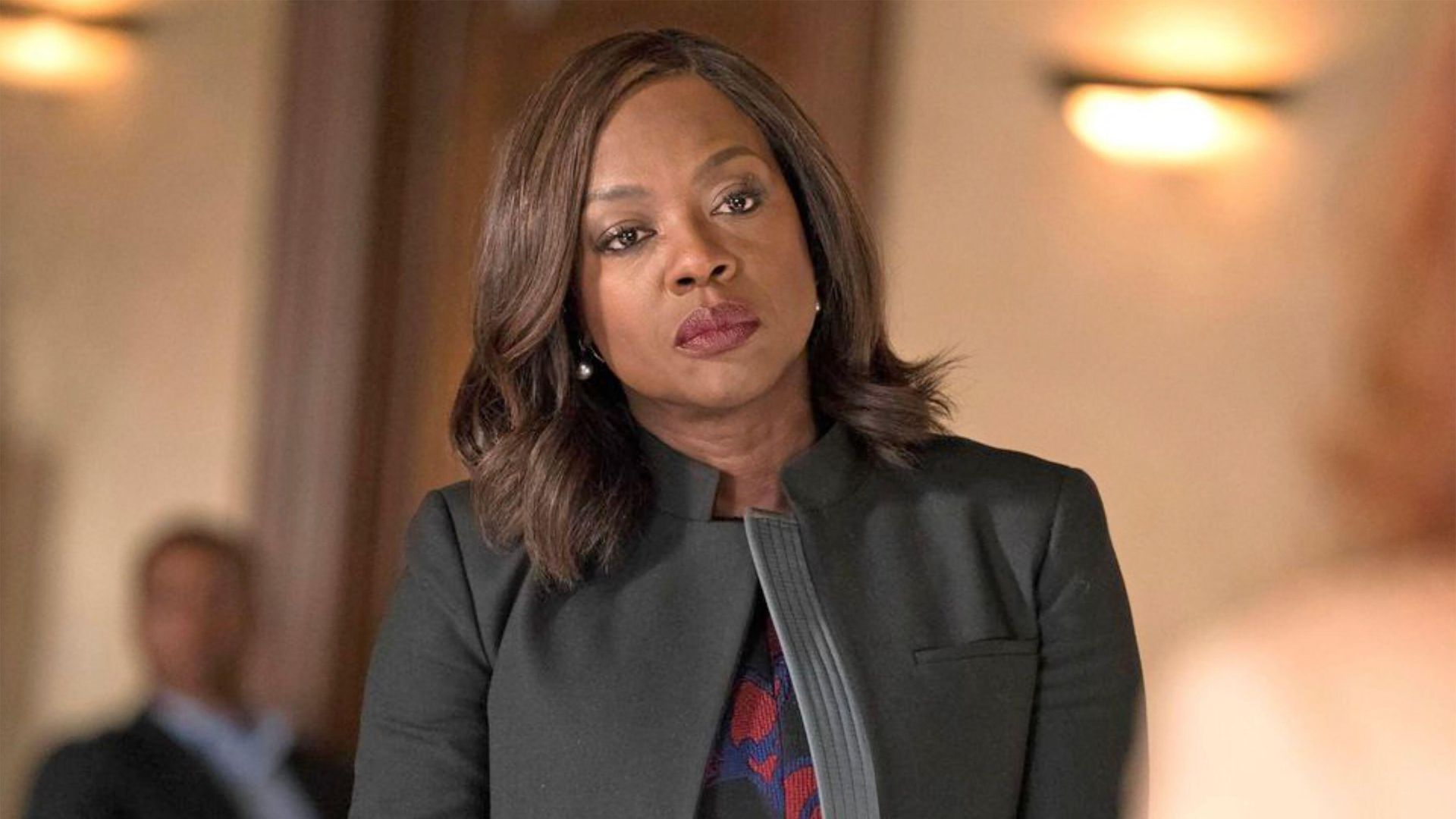
Sometimes the strongest women can also be flawed, or their strength comes from the ability to make tough, unclear choices.
Take Viola Davis’ Annalise Keating, the central figure in Shonda Rhimes’ How to Get Away with Murder. Annalise is a brilliant mind and a powerhouse lawyer… who just happens to find herself caught up in plenty of morally questionable mayhem. Still, she always proved she had a plan – and often managed to save the day for those around her.
Scarlett O’Hara (Gone with the Wind)
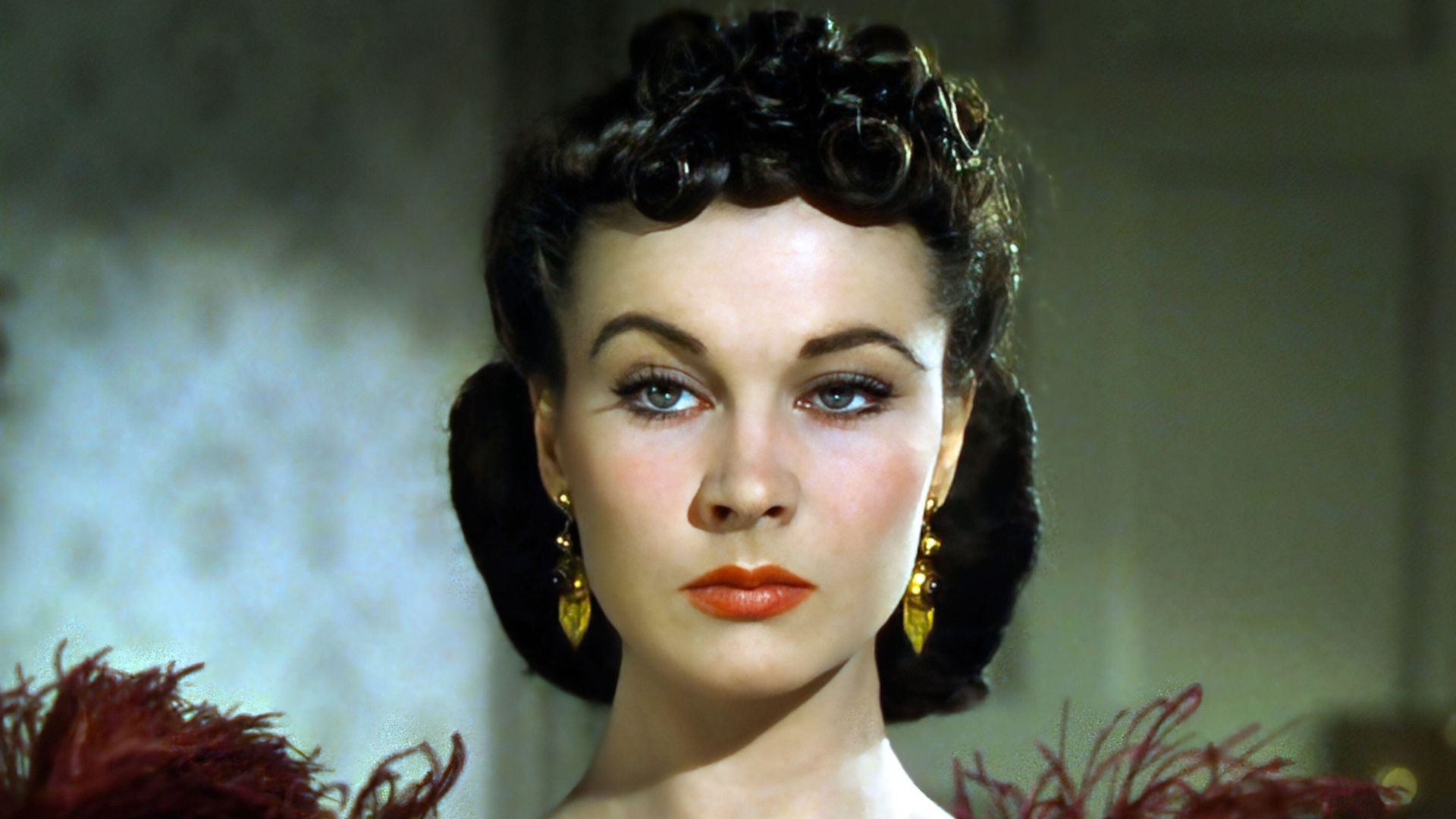
"After all, tomorrow is a new day!” A classic line from Scarlett O’Hara, the protagonist of Margaret Mitchell’s Gone with the Wind, sums up her fiery nature and unstoppable drive.
Scarlett became an icon of pop culture when the novel was made into the 1939 epic film that, when adjusted for inflation, remains the highest-grossing of all time. She was played by Vivien Leigh who embodied the controversial character’s grit and defiance, which sometimes came at a price.
Rose Dawson (Titanic)
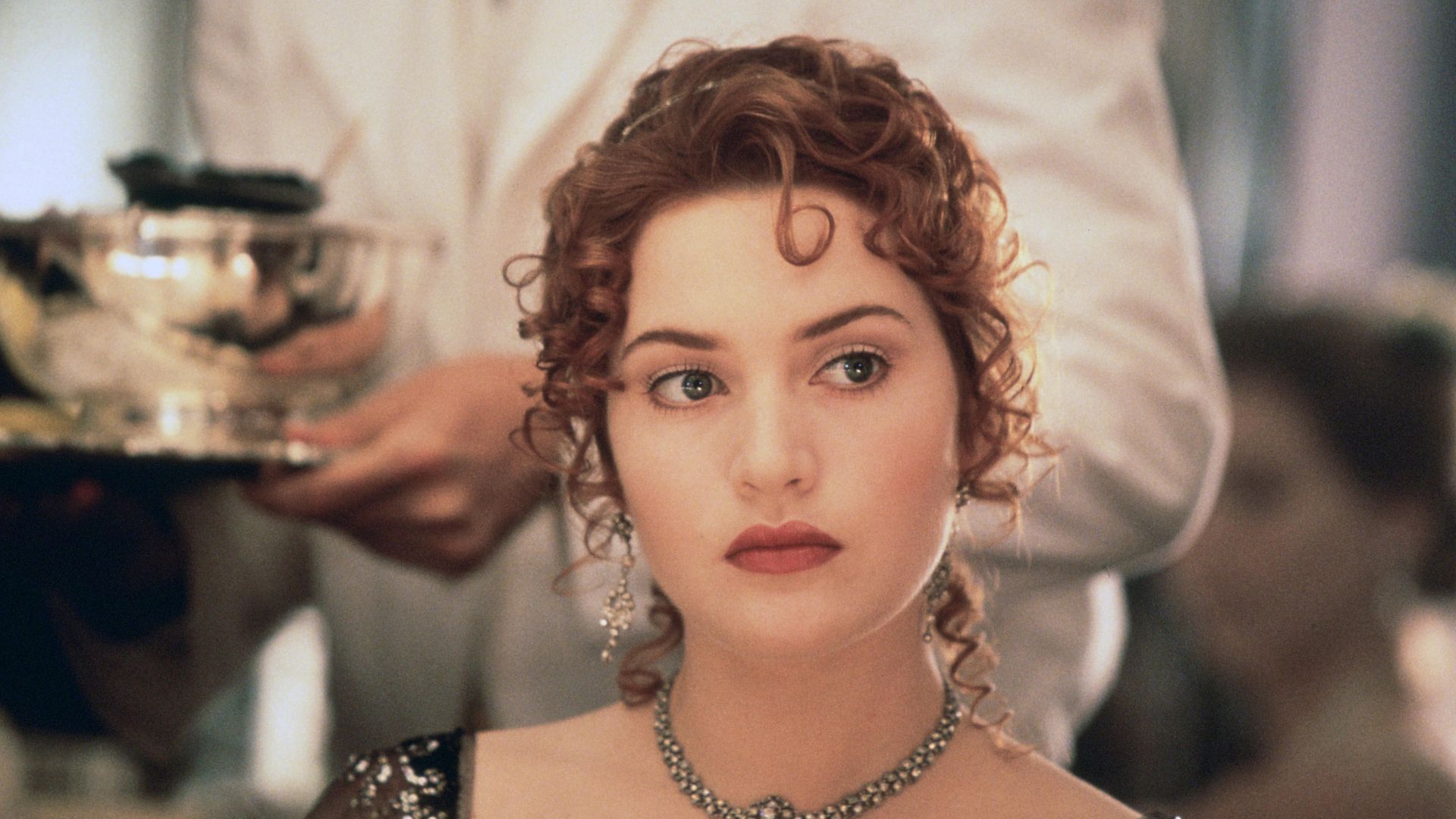
1997’s Titanic remains one of the most beloved films of all time, and a lot of its enduring popularity hinges on the love story between Kate Winslet’s Rose and Leonardo DiCaprio’s Jack. Kate Winslet’s character of Rose was ahead of her time, someone who fought against the pressures placed on women and risked everything to follow her true heart’s desire.
If all of that wasn’t impressive enough, she could throw a mean right hook with the best of them as her evil fiancée (Billy Zane) found out. Truly a multi-faceted woman!
Dottie Hinson (and the rest of the A League of Their Own women)
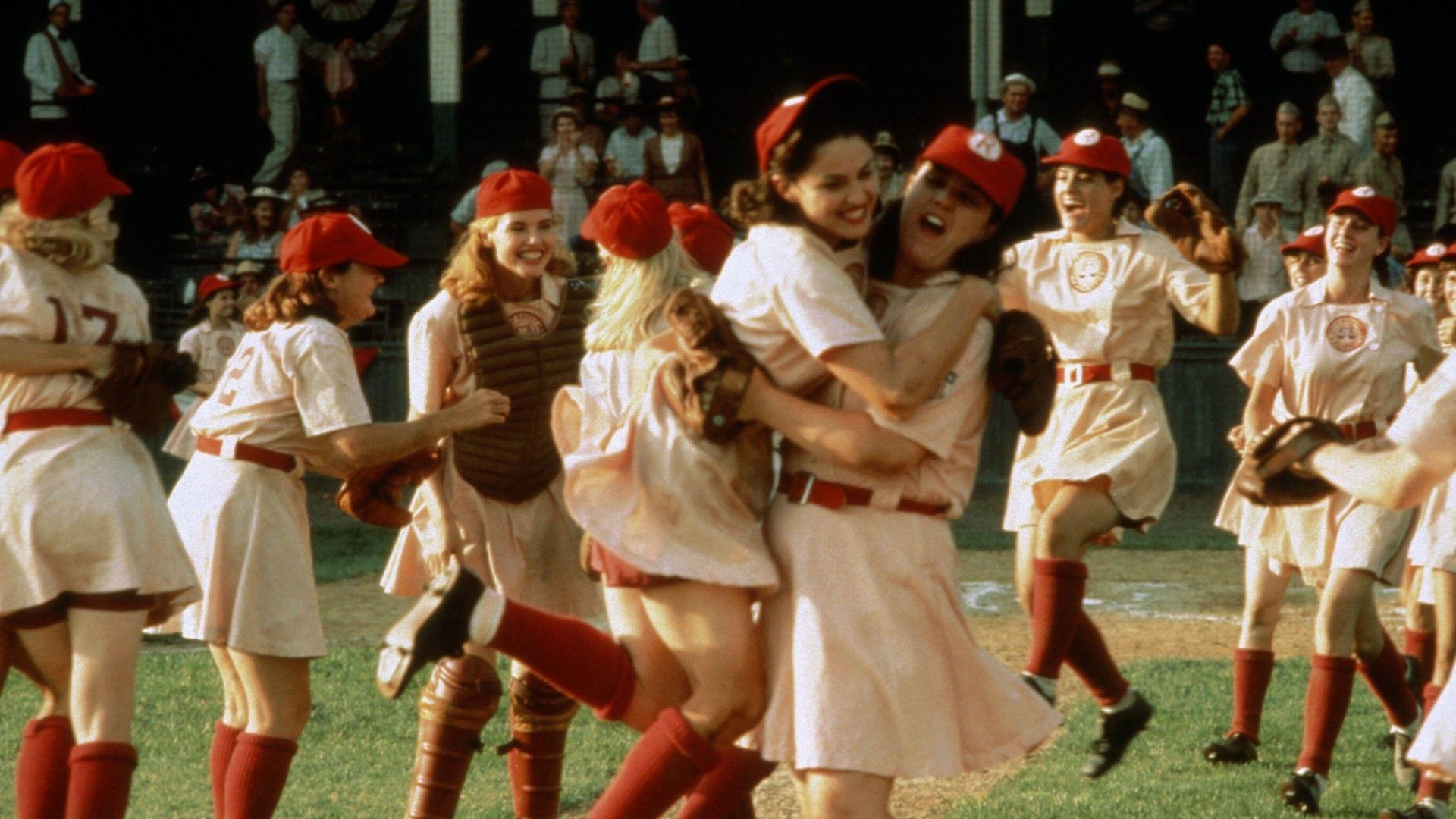
Penny Marshall’s 1992 classic, A League of Their Own, tells the story of the All-American Girls Professional Baseball League (AAGPBL), which was formed in 1943 during World War II when many male baseball players were away fighting.
Led heroically by Geena Davis’ Dottie, the film’s cast of strong women also includes Madonna, Rosie O’Donnell and Lori Petty. The famous quote might insist “There’s no crying in baseball,” but the resilience and strength shown by these women might have the hardest of hearts reaching for a tissue.
Evelyn ‘Evie’ O’Connell (The Mummy)
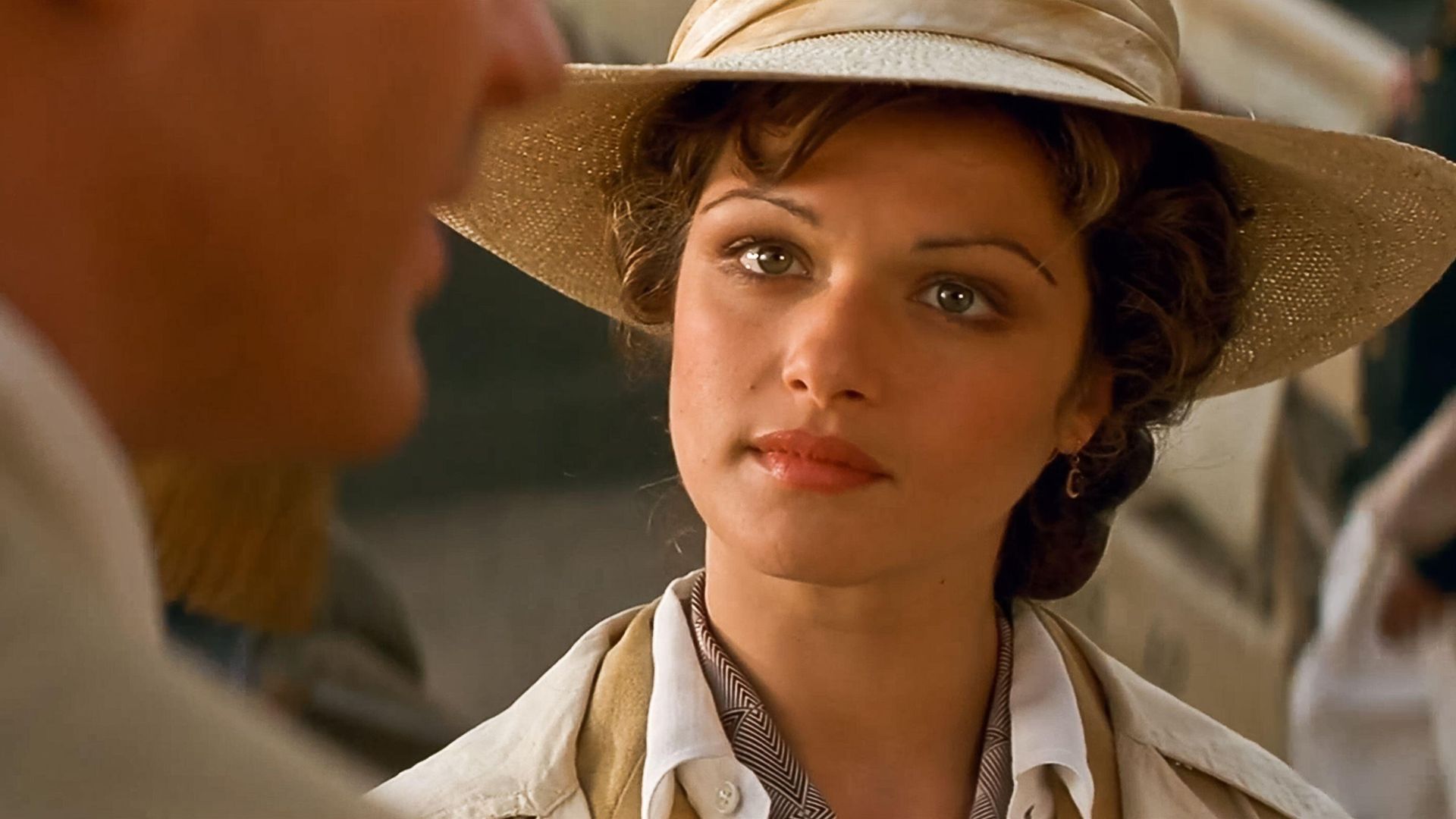
Rachel Weisz’s Evie starts in 1999’s The Mummy as a bit of a spoilt idealist, but we see her grow into one of the toughest, smartest and most inspirational people in the franchise. Her husband, Rick (Brendan Fraser) might be the first to draw a gun, but it’s Evie who throws herself into improbable situations to save the day – and the world – with her intelligence and bravery.
The Gilmore Girls
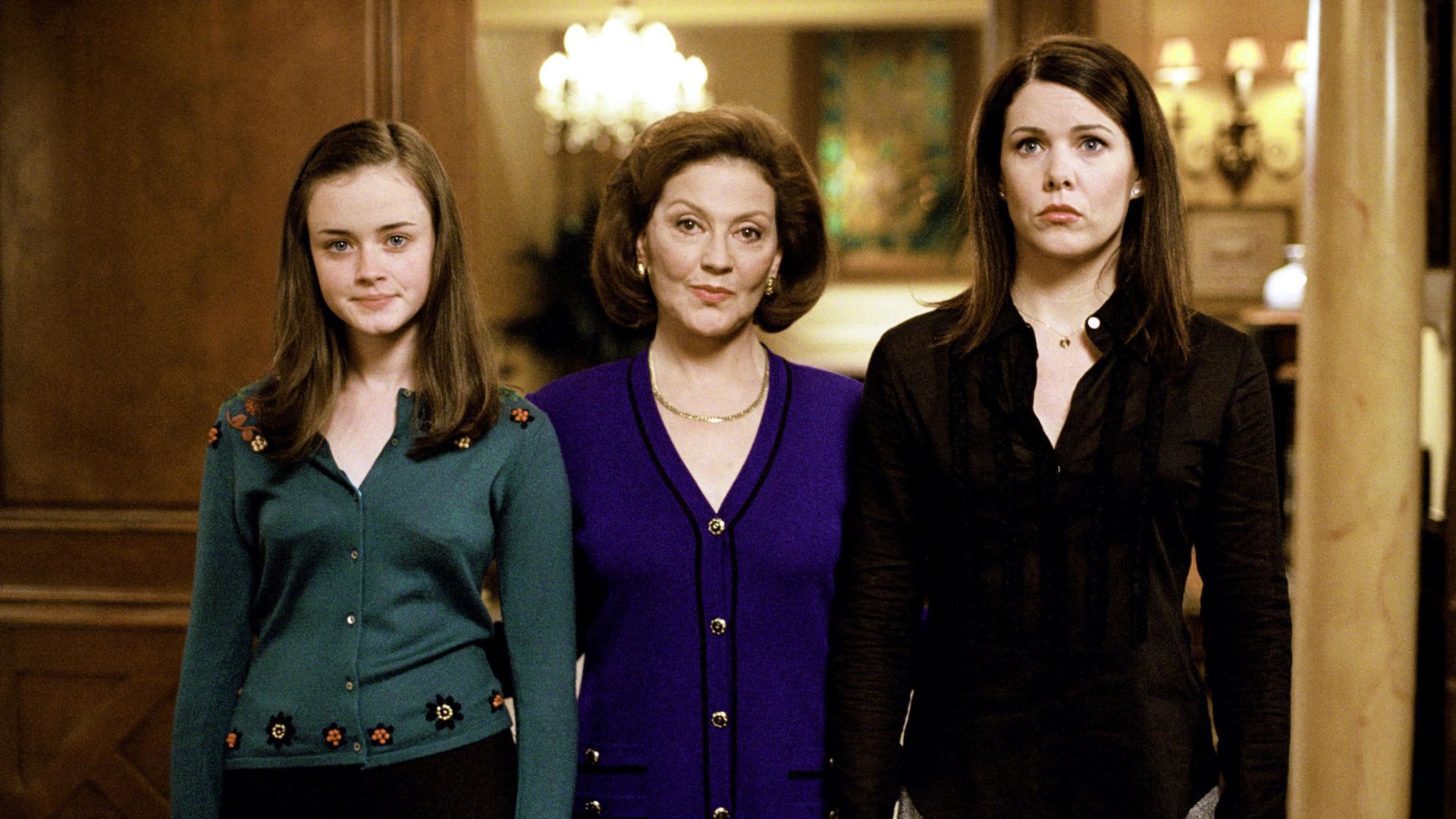
Three generations of women. Three different examples of how a tough woman could present herself.
There’s Emily Gilmore – played by Dirty Dancing’s Kelly Bishop. A product of her time, she’s prim and proper – and she’s not afraid to demand perfection from those around her. Then there’s Lorelai, played by Lauren Graham. Free-spirited and rebellious, Lorelai got pregnant at 16 and decided to run away from her privileged upbringing to make a life of her own with Gilmore Girl number three, Rory (Alexis Bledel). Rory is a whip-smart teenager who isn’t afraid to stand out from her peers.
Gracie Hart (Miss Congeniality)
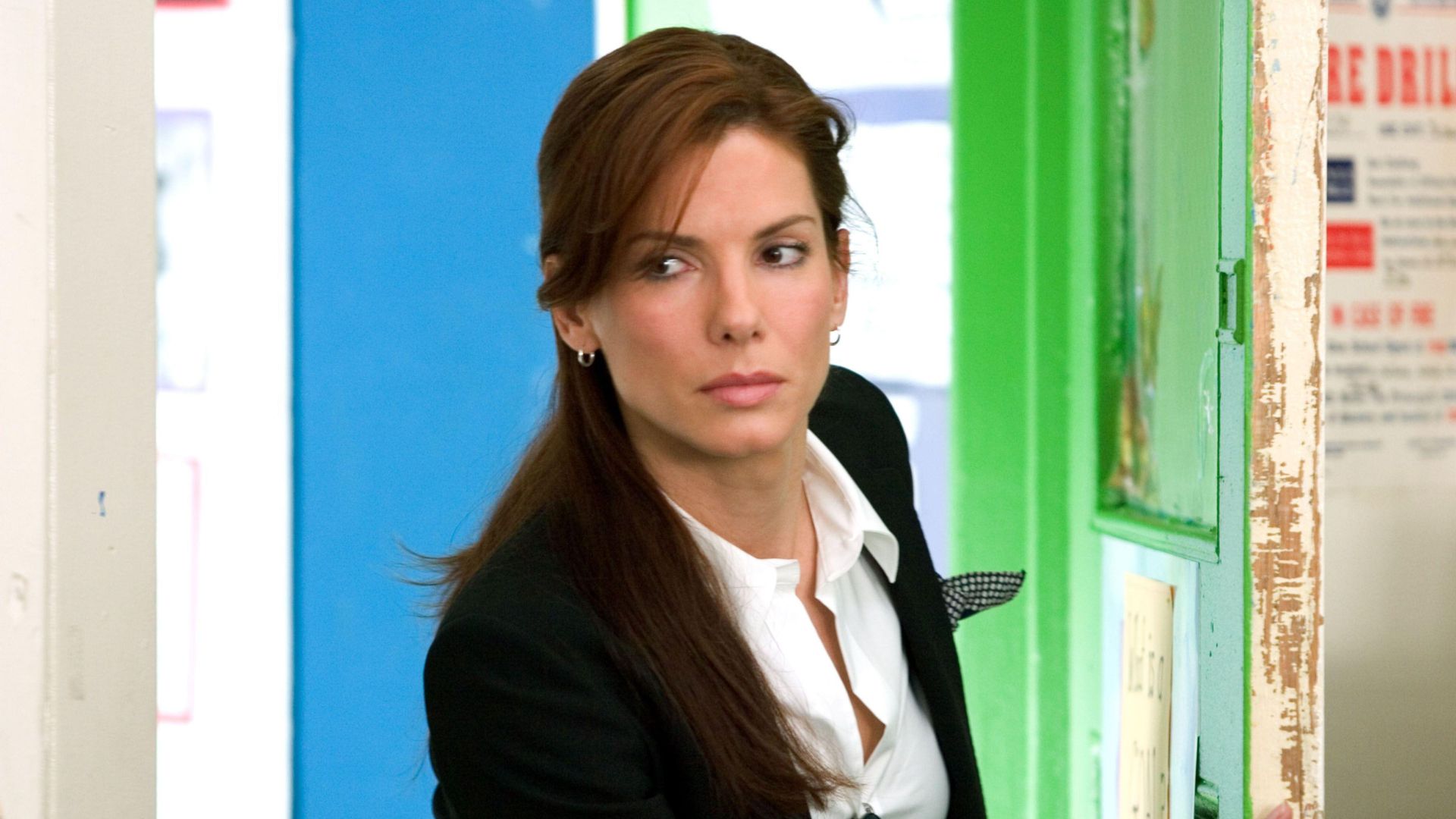
"I am in a dress, I have gel in my hair, I haven't slept all night, I'm starved, and I'm armed. Don't mess with me."
In 2000, Sandra Bullock introduced the world to a new fictional female icon who became an instant icon, playing the spunky FBI agent who prefers guns to gowns but has to go undercover at the Miss World pageant.
Gracie is also strong enough to admit that she was wrong - finding that the seemingly superficial women of the Miss World pageant have plenty of redeeming qualities of their own.
Dana Scully (The X-Files)
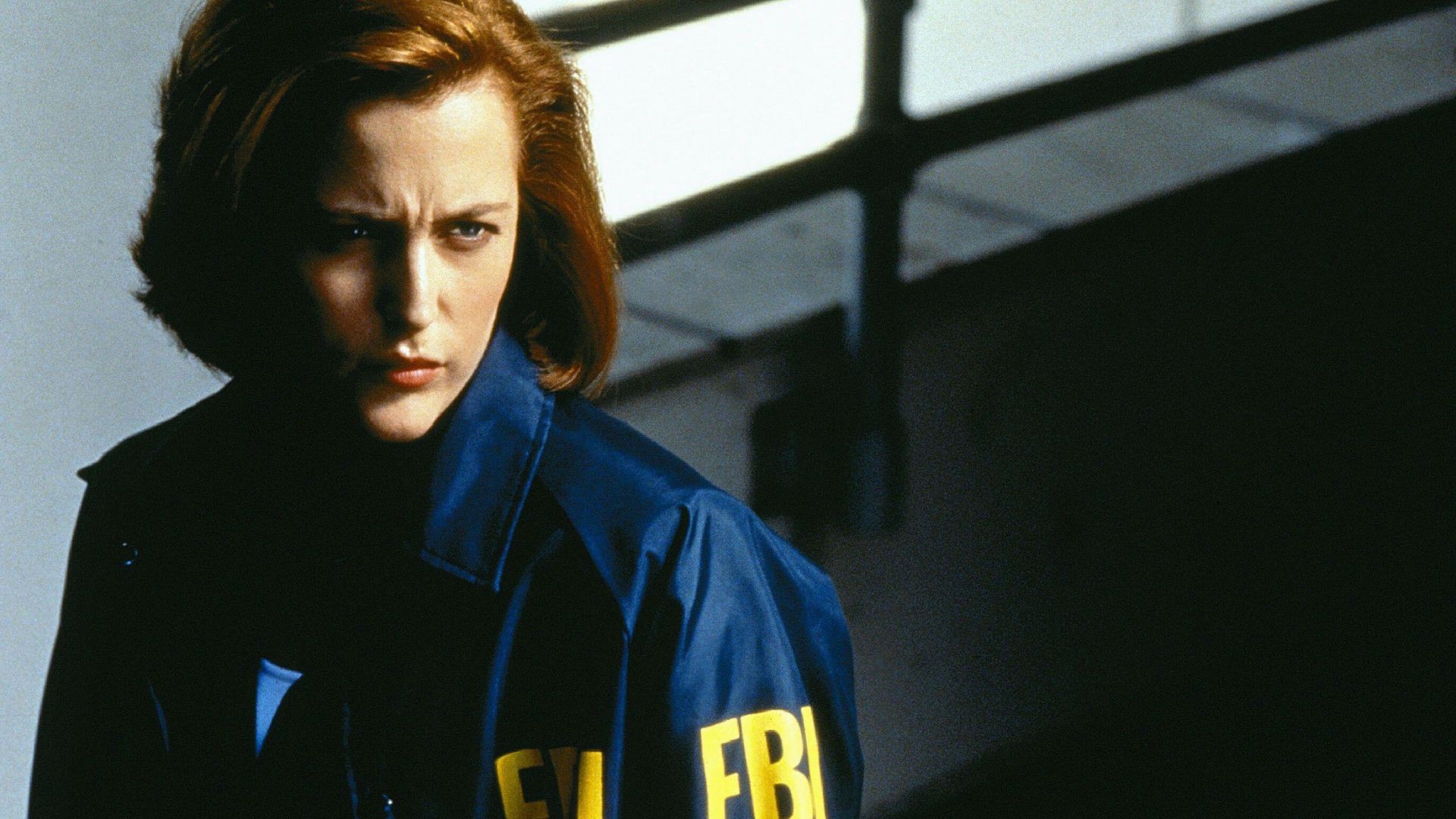
Part of The X-Files’ main duo, Scully and Mulder, Agent Scully was played by Gillian Anderson.
Becoming one of the defining strong women of the 90s – and in the sci-fi genre, notoriously a bit of a boys club - Scully was known for her intelligence, heart, and bravery as she explored supernatural phenomena.
Tess McGill (Working Girl)
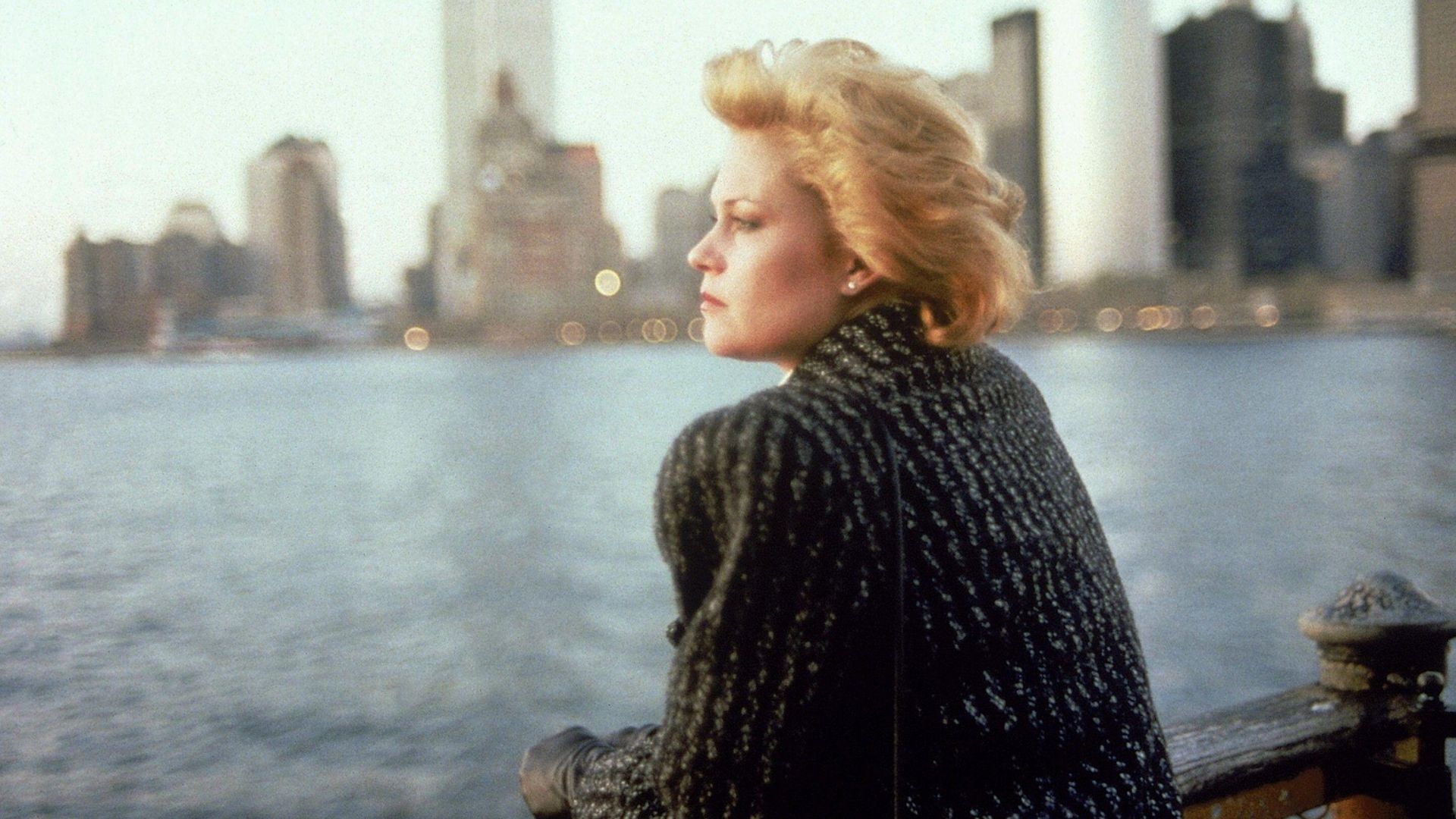
Most women – and most people – have probably felt a sense of imposter syndrome in their time. If you’ve ever doubted your own worth or skillset, look to Tess McGill for inspiration.
The main character of 1988’s Working Girl – who has a “mind for business and a bod for sin” - Melanie Griffith played the shy, smart working-class hero who takes her opportunity to climb the corporate ladder. She has the ideas; she just doesn’t trust herself… until her boss tries to steal them and pass them off as her own.
Holly Golightly (Breakfast at Tiffany’s)
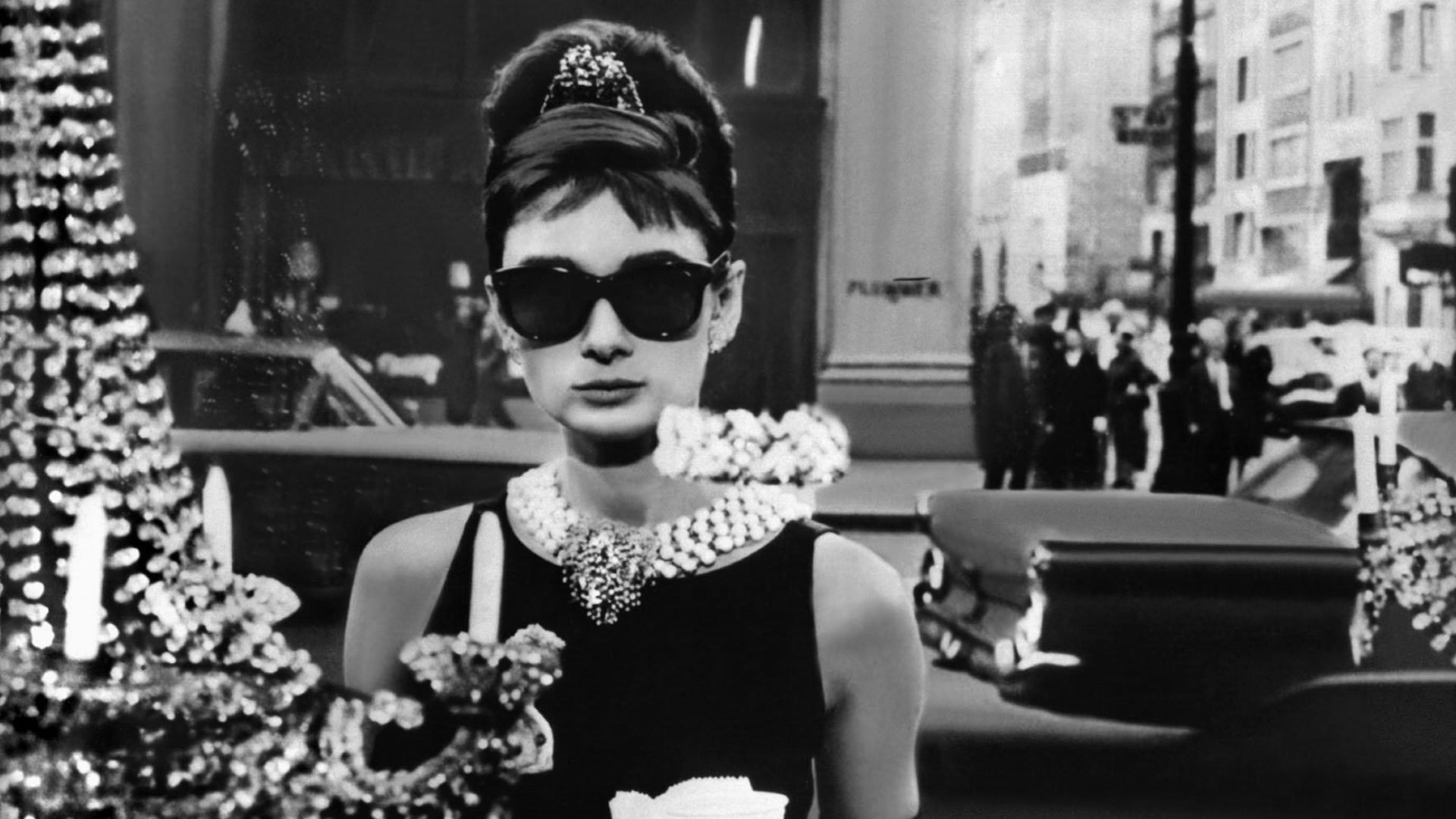
Truman Capote created an unconventional and unlikely strong heroine in Breakfast at Tiffany’s Holly Golightly, who was transformed into a true pop culture icon when Audrey Hepburn played her in the 1961 film.
Holly is not your typical inspiration. She’s insecure and a little damaged, but she’s also resourceful and refuses to let herself be kept down by societal judgment or limitations.
Tiana (Princess and the Frog)
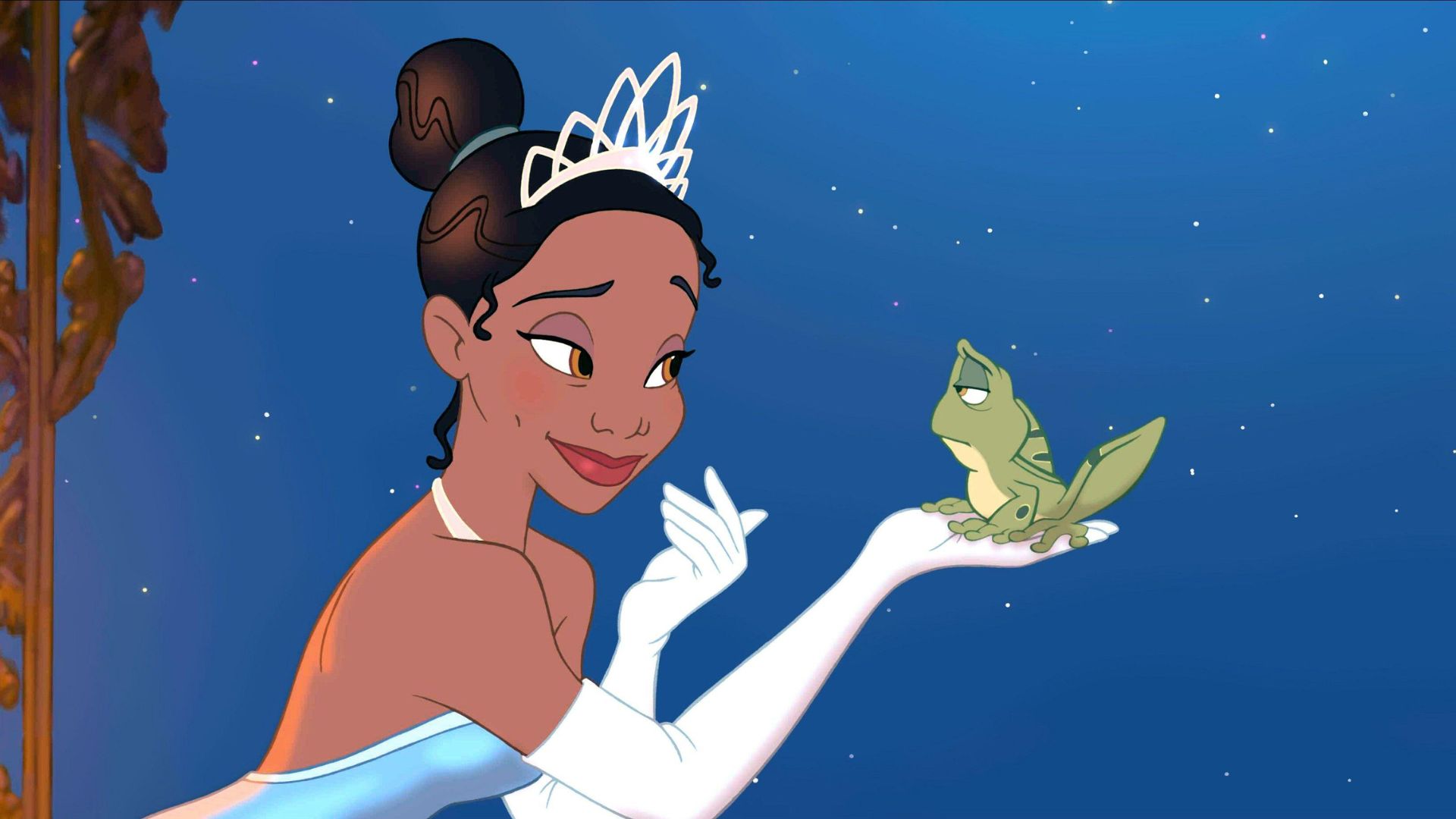
Not only was 2009’s The Princess and the Frog historic for introducing the first Black Disney Princess, they offered a different take on the classic princess. Tiana is a hardworking waitress with dreams of opening her own restaurant – she’s independent and tough, refusing to accept her humble beginnings as the end of her adventure.
Of course, there’s a whole magical element of the story involving princes and, er, frogs, but the overall message of Tiana is that chasing a dream is worth it – and women can make it happen without the help of a man.
Lorelei Lee (Gentlemen Prefer Blondes)
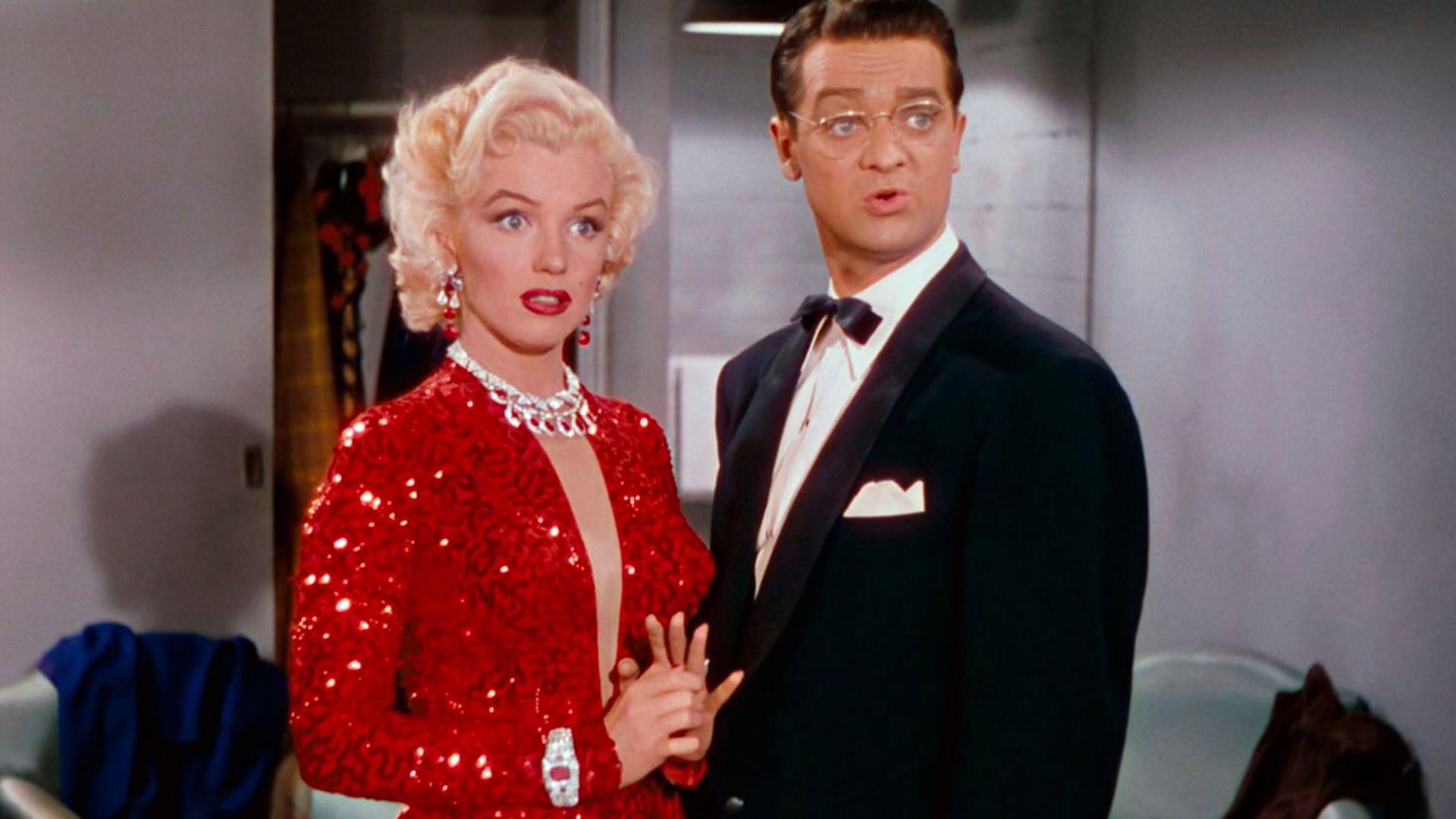
Perhaps best-known thanks to Marilyn Monroe’s portrayal of the character in the 1953 movie, Gentlemen Prefer Blondes, Lorelei Lee was actually first created for the 1925 novel of the same name. There was also a Broadway musical made in the 1940s.
While Lorelei might, on the surface, come across as a gold-digger, she’s so much more. She’s usually the smartest person in the conversation, running rings around the hapless men who look at her as nothing more than an attractive blonde.
Jessica Fletcher (Murder, She Wrote)
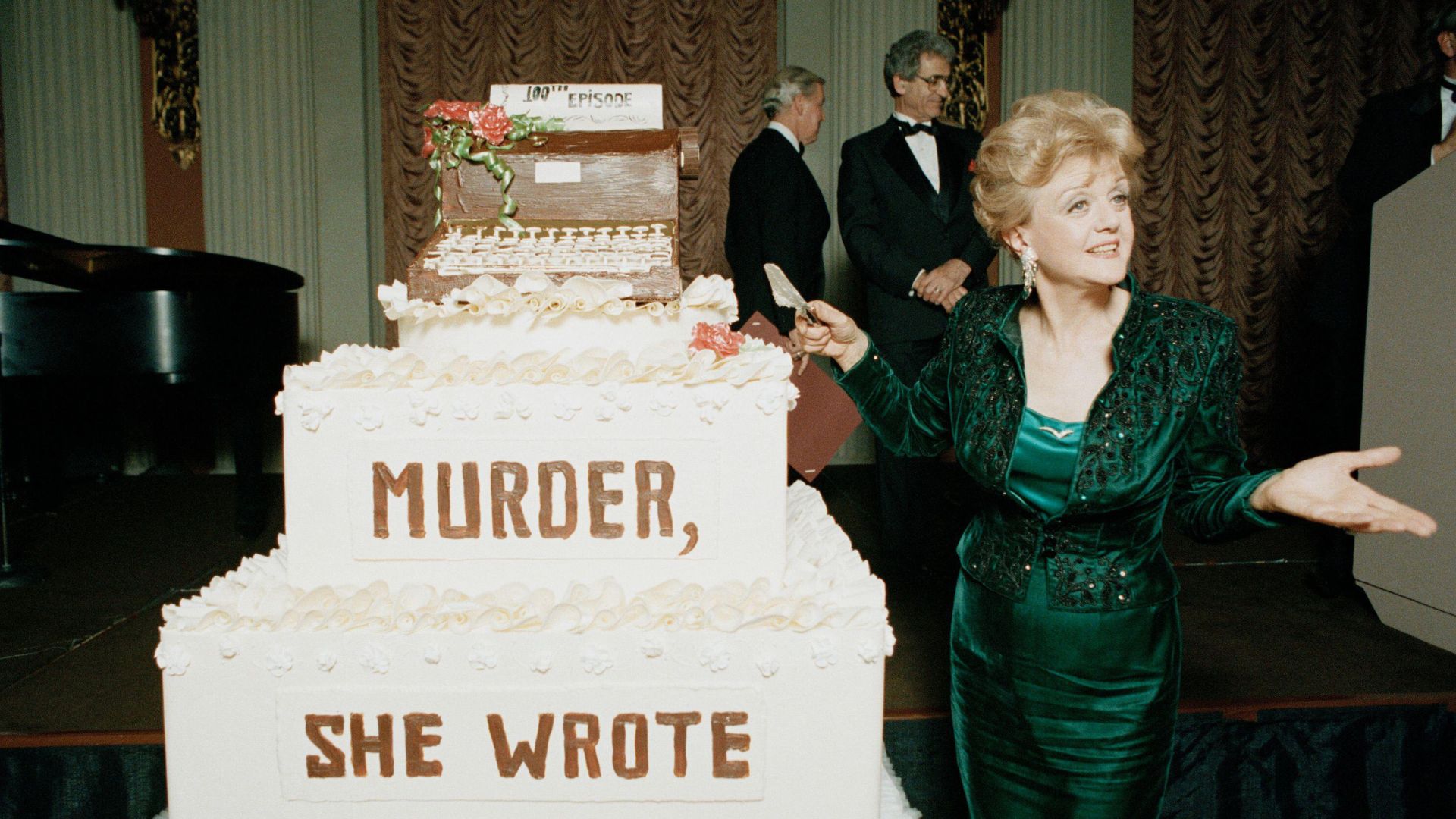
The fictional amateur detective, Murder, She Wrote’s Jessica ‘JB’ Fletcher, is one of the best examples of an unexpected, unlikely strong female icon.
Introduced as an elderly widow who had retired from school teaching, we watch Jessica (played by the legendary Angela Lansbury) go from strength to strength, first becoming a worldwide bestselling author and then, over 12 seasons, solving mind-puzzling murders.
She does it all with grace and warmth, and a level of smarts that outshines the (mostly male) police force she encounters.
The Golden Girls
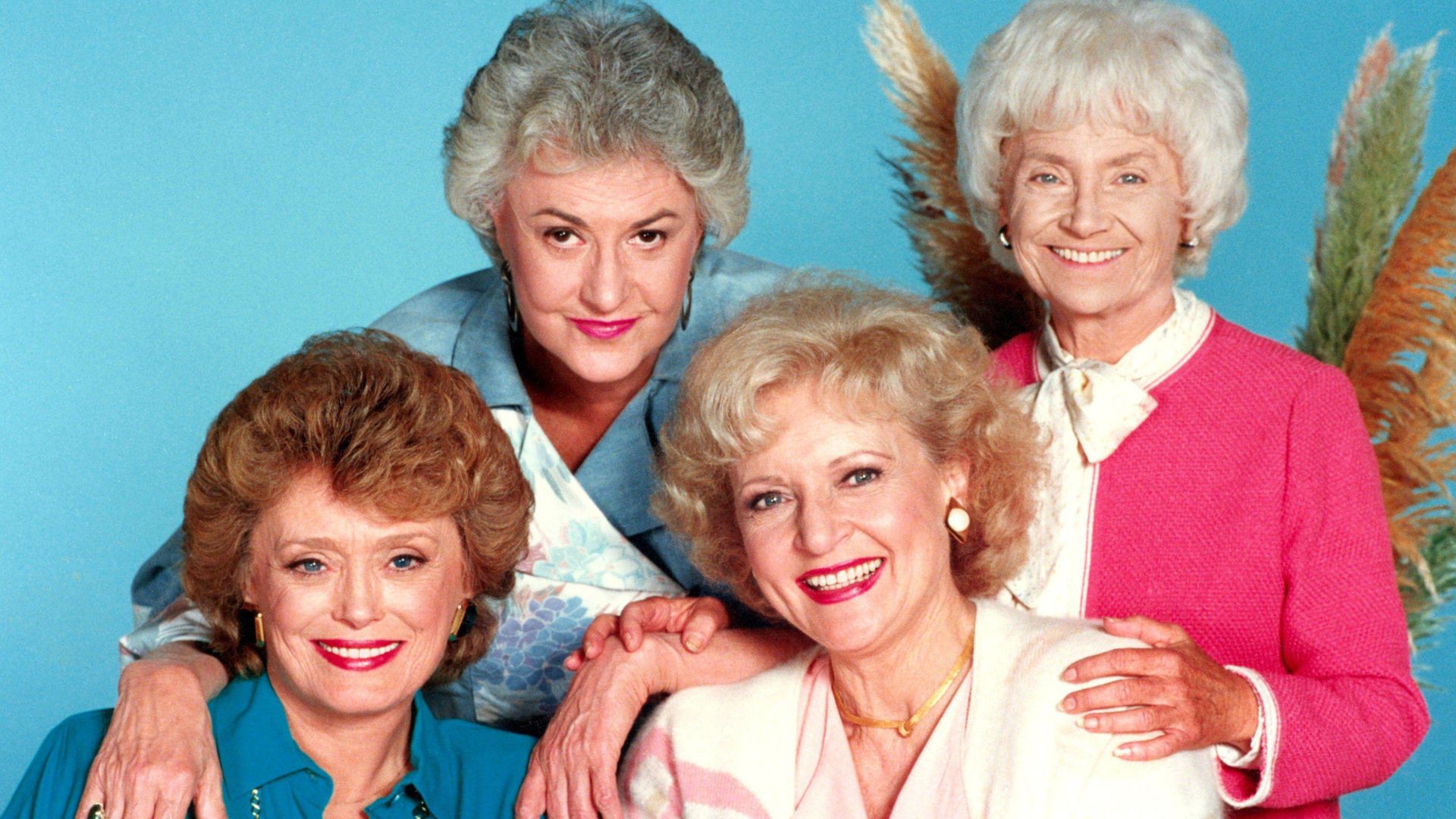
Flirty, confident Blanche. Hopeful, kind Rose. Tough, reliable Dorothy. Sassy, wise Sophia. The four main characters of The Golden Girls, the beloved sitcom which ran from 1985 to 1992, helped rethink what getting older looked like.
These four women didn’t have the traditional lives – all widowed or divorced and with their children grown and living away from home – and they had the chance to redefine life on their terms. The show depicts getting older as a positive – they’re confident, they find friendships later in life and they challenge topics including ageism, sexism, money issues and health problems.
Bridget Jones
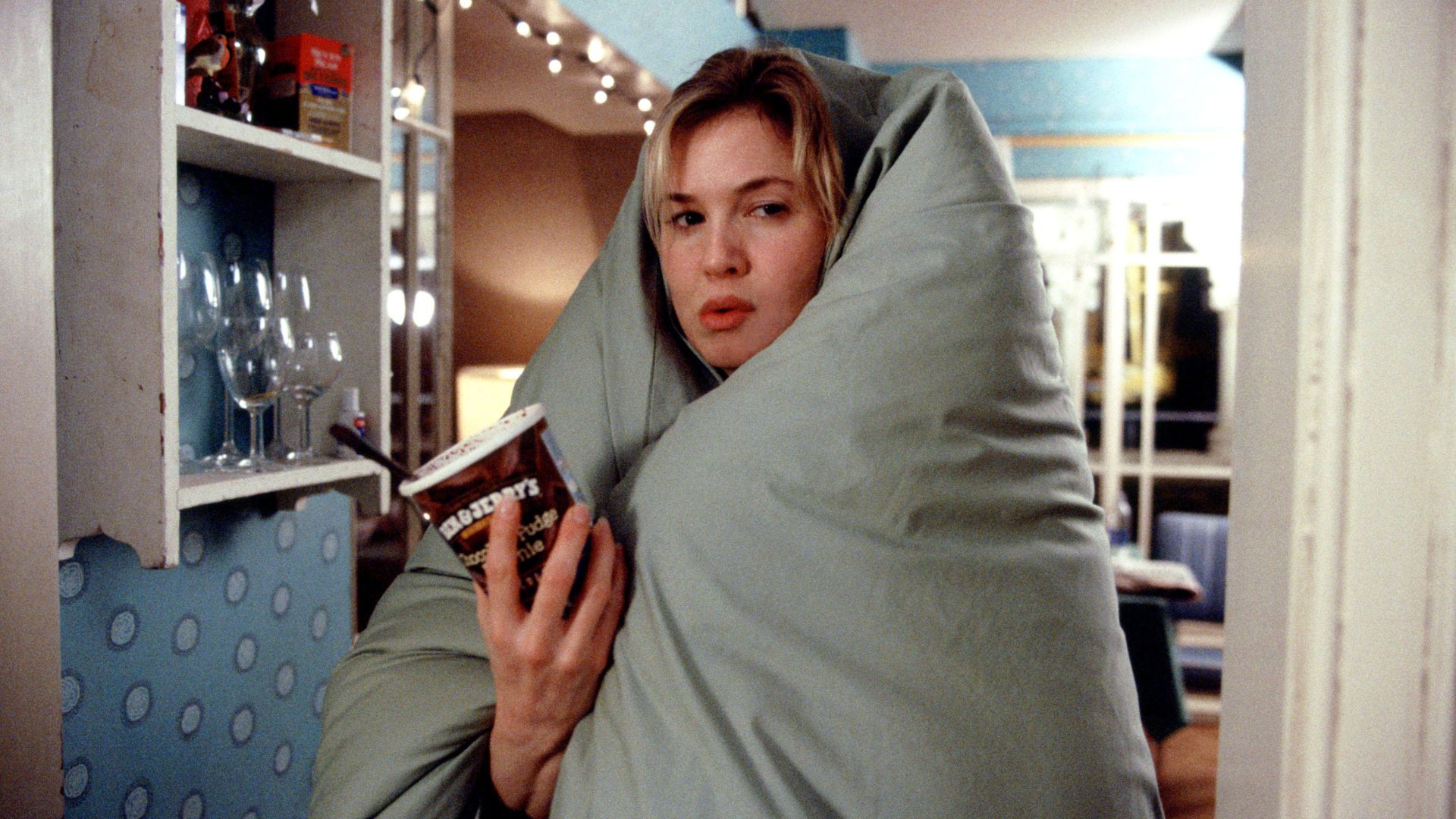
Introduced in the novels by Helen Fielding and made a worldwide icon by the films starring Renee Zellweger, Bridget Jones is an unconventional but undeniable icon.
Self-deprecating humour, an unabashed determination to find true love, and issues with her body image, Bridget is relatable for anyone who feels like they might not have it all together – but that’s just fine. Life won’t always look the way you imagined, but it’s what you do with it that counts. As Mark Darcy told her, “I like you just as you are” and people all over the world concurred.
Wonder Woman
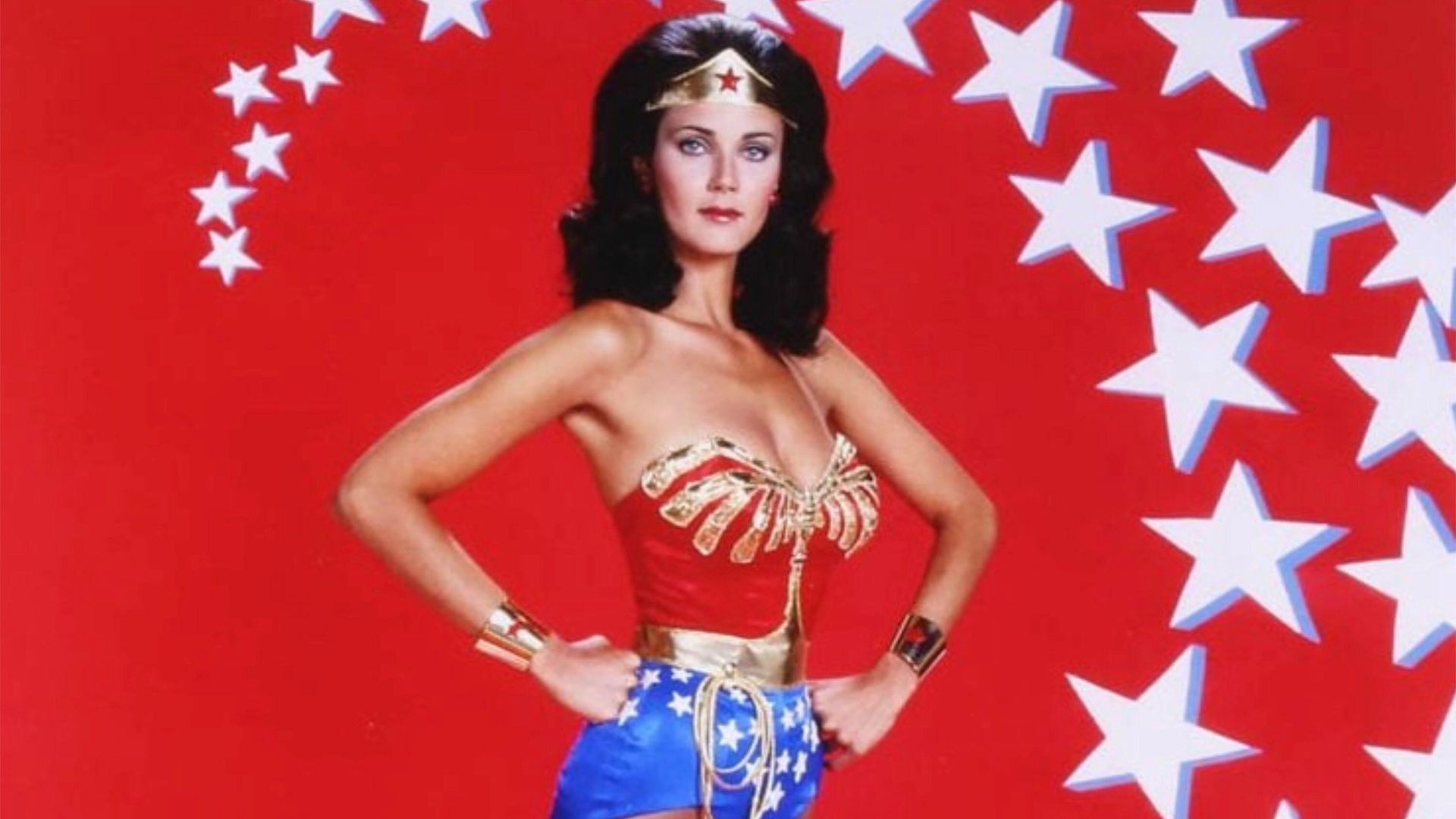
While she might not have been the very first (with arguments that the title goes to Miss Fury or Fantomah), it’s hard to dispute that Wonder Woman is the ultimate female superhero. Created by writer William Moulton Marston and artist Harry G. Peter, Wonder Woman was introduced in 1941.
An Amazonian princess, she was known for her super strength and speed – but it was perhaps Lynda Carter’s portrayal of the character in the late 1970s that cemented her position as one of the all-time great strong female icons.
Not only was she just as tough as the boys like Superman, Wonder Woman wanted peace above all – AND she had some iconic accessories including those knee-high boots.
Elle Woods
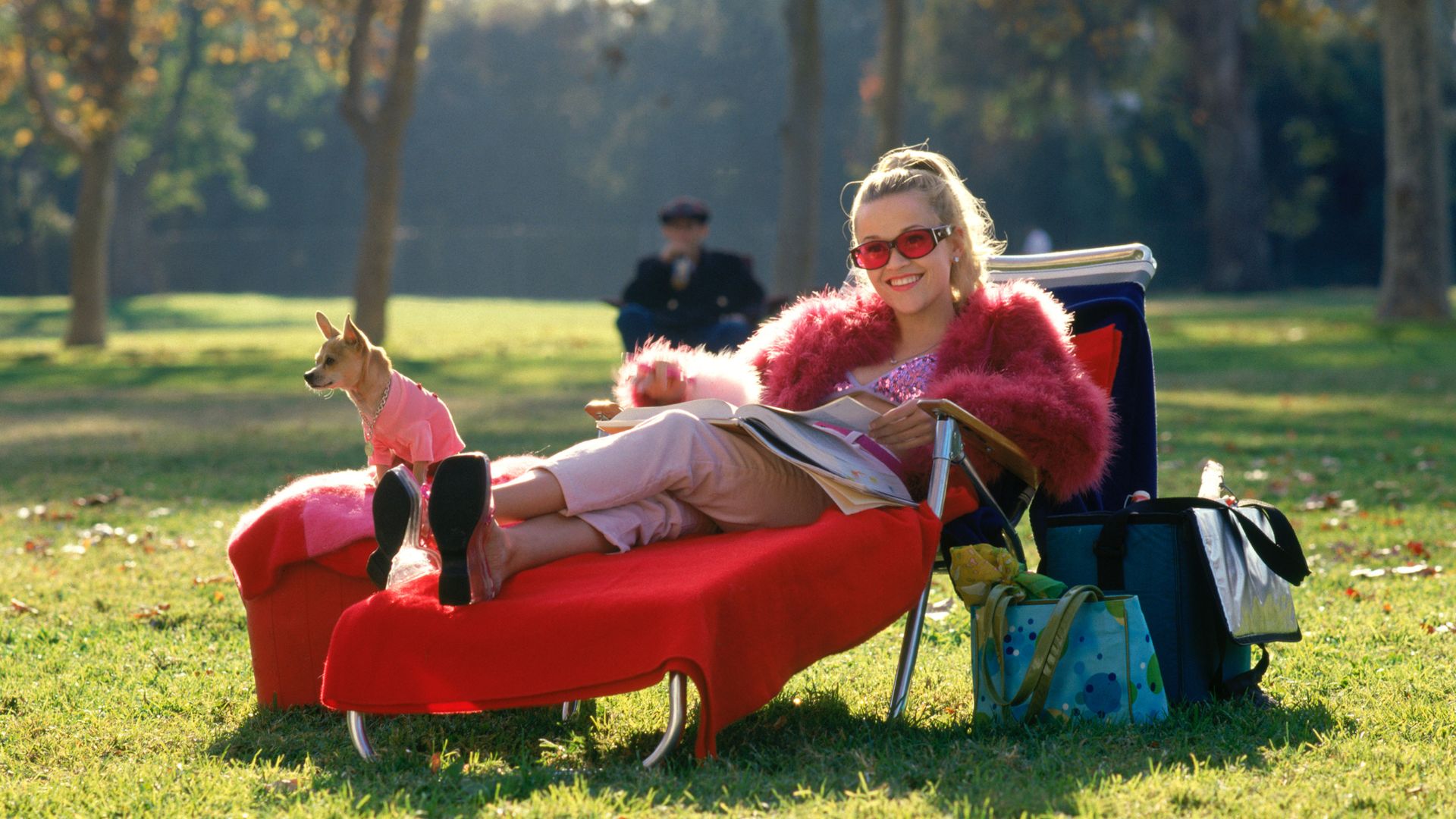
Recover from heartbreak. Defy all expectations. Prove that kindness and intelligence can go hand-in-hand. Elle Woods makes it all look so effortless. Played by Reese Witherspoon in the 2001 movie Legally Blonde and its sequel – the pink-loving rich girl is one of the most iconic and resilient fictional female characters.
She swaps a charmed life of privilege for the hallowed halls of Harvard, initially to win back a love interest, but ultimately she discovers a greater purpose – and unlocks the greater potential in herself.
Many feminist scholars have also explored the film’s message that women don’t have to minimise or hide stereotypical feminine qualities to be taken seriously, as Elle proves she can outsmart tough lawyers and make time for manicures and shopping. “What, like it’s hard?”







